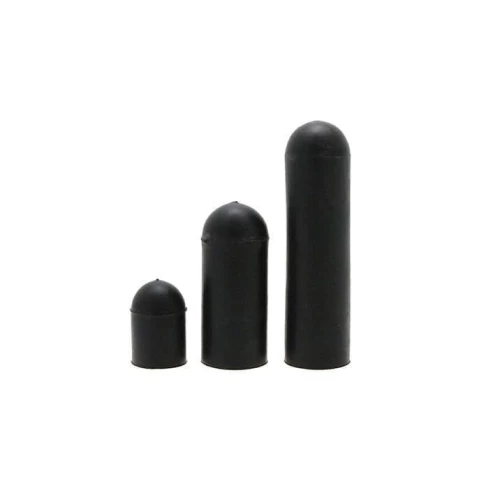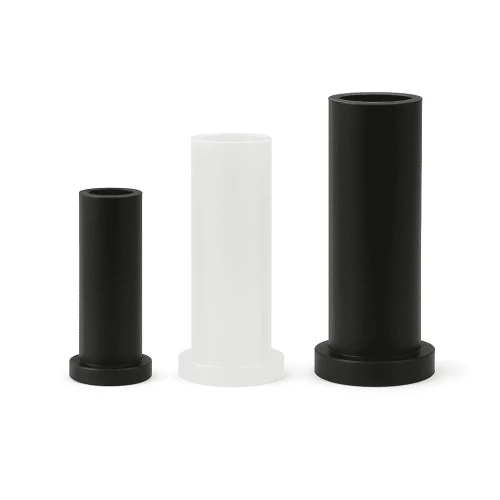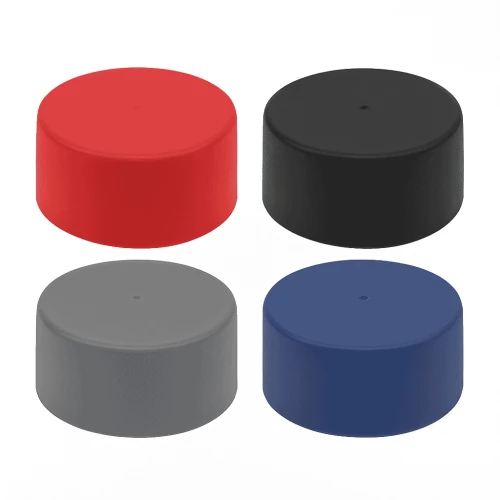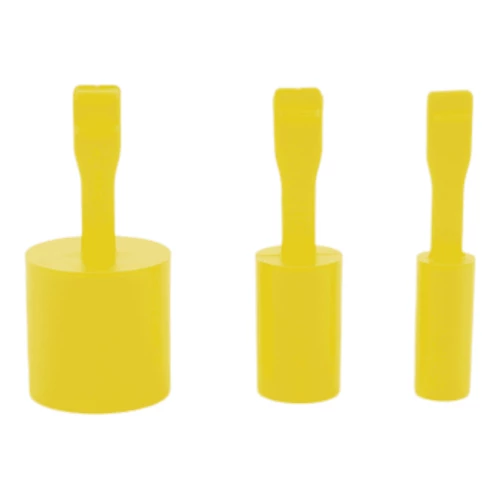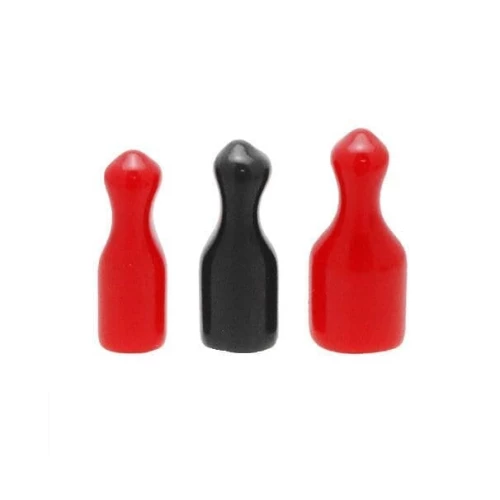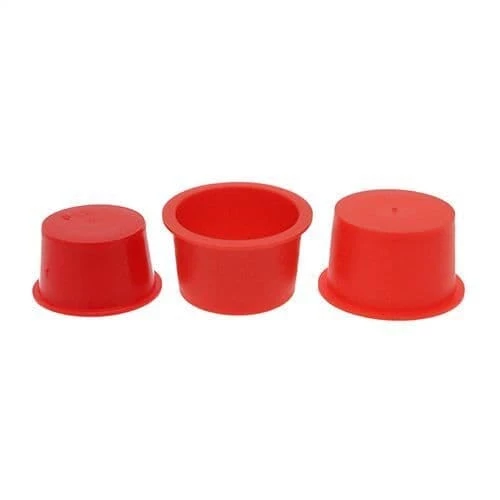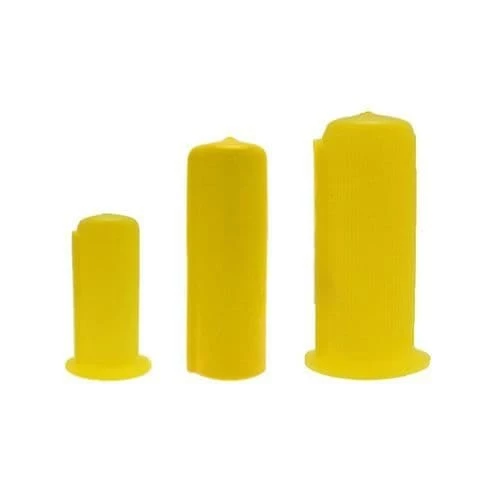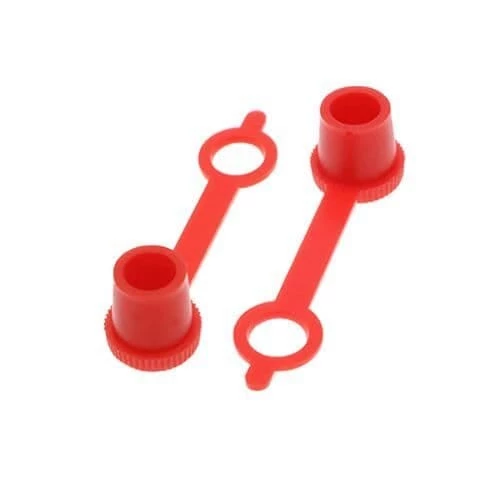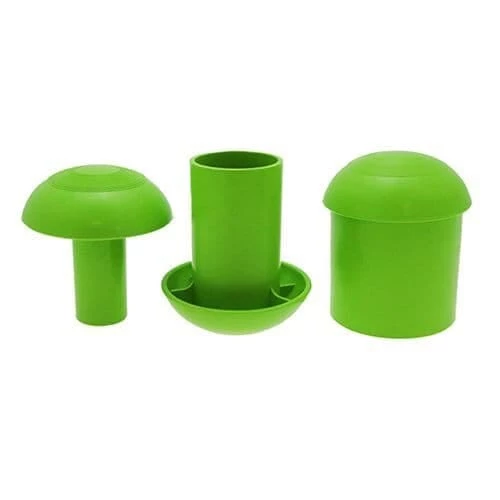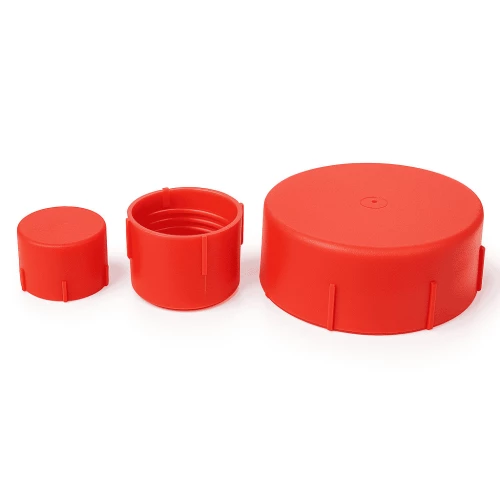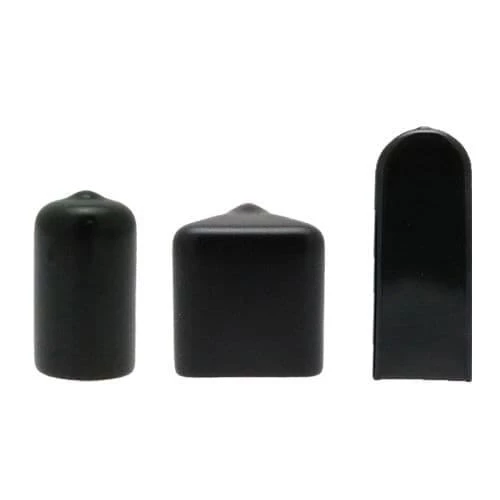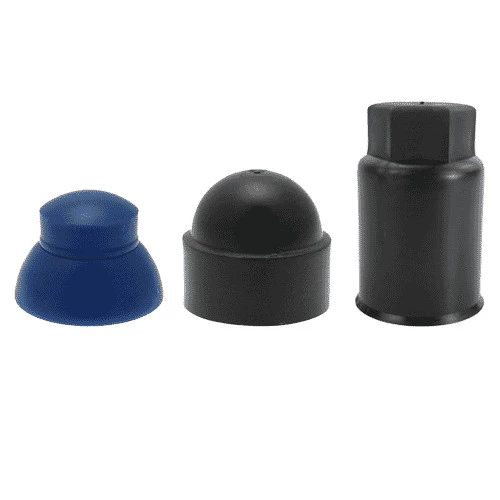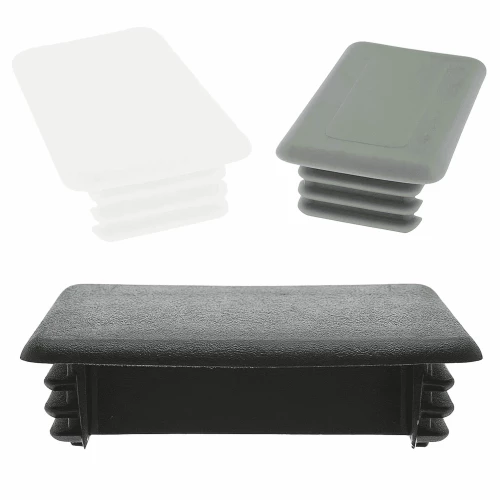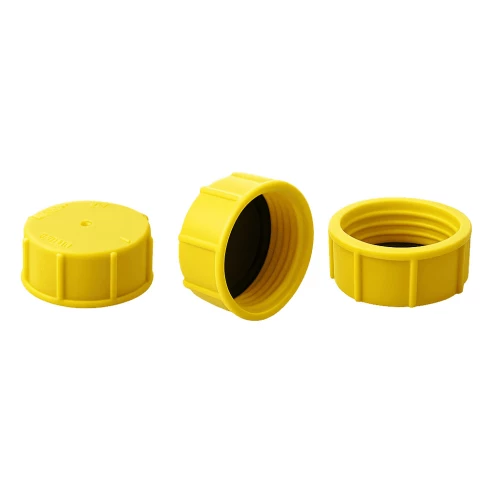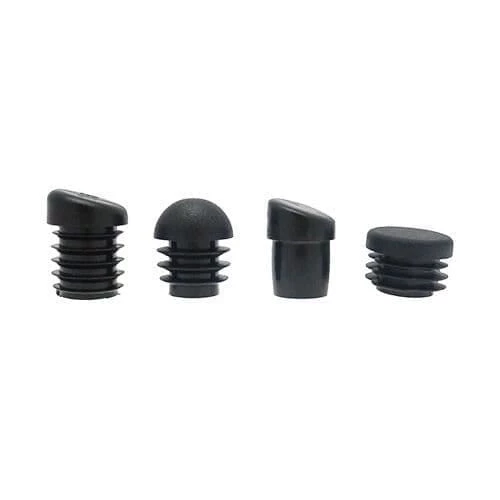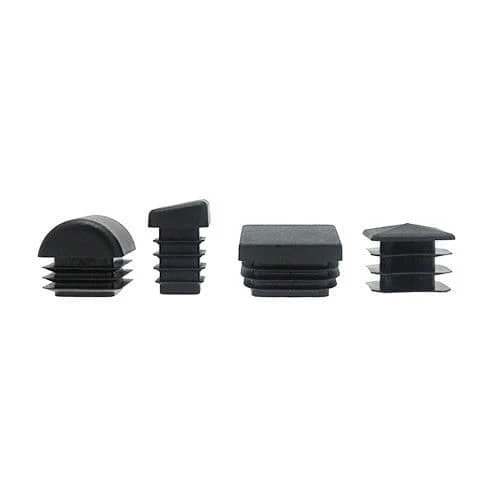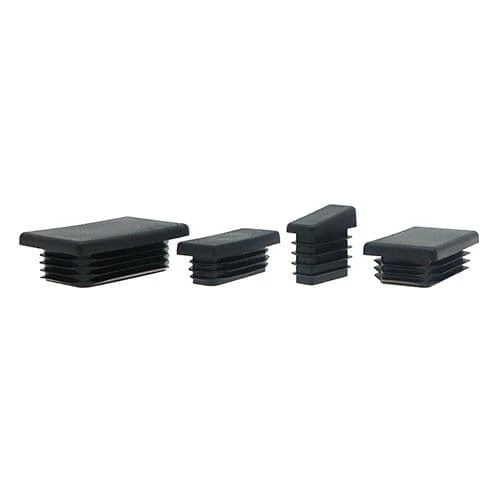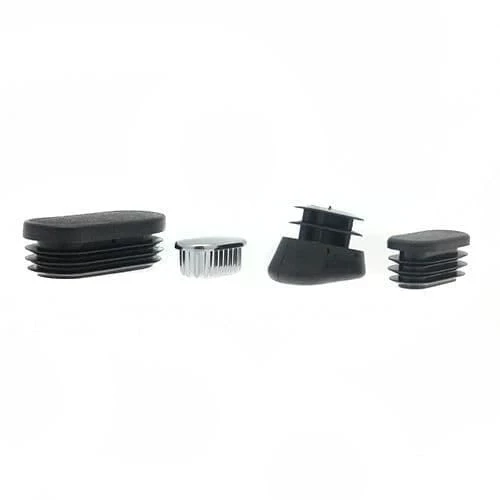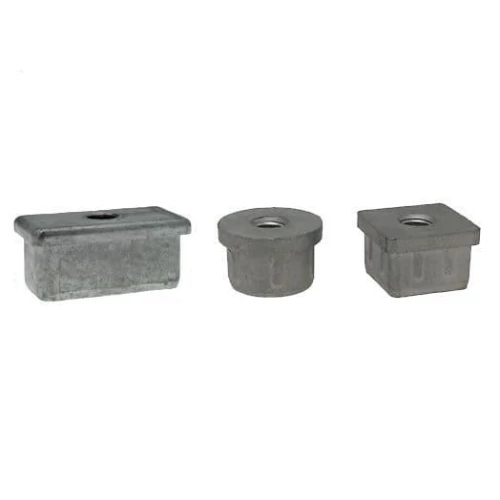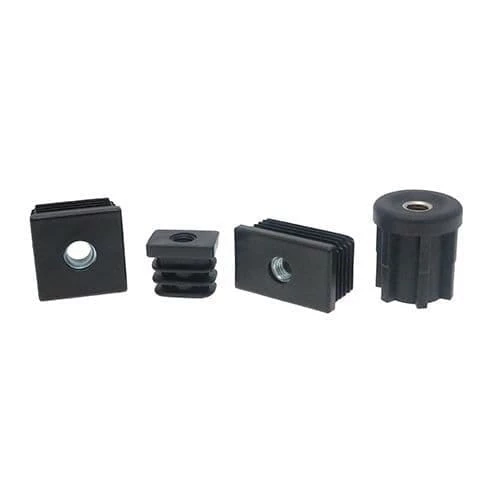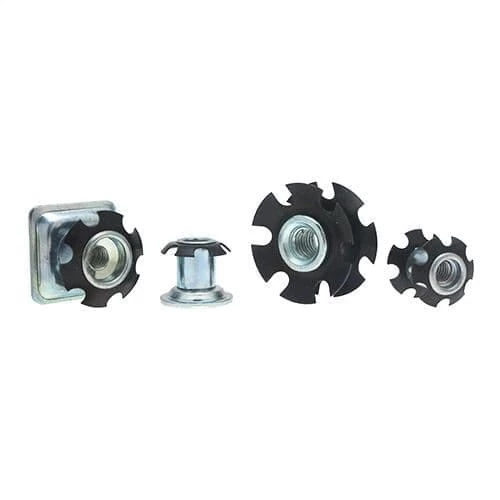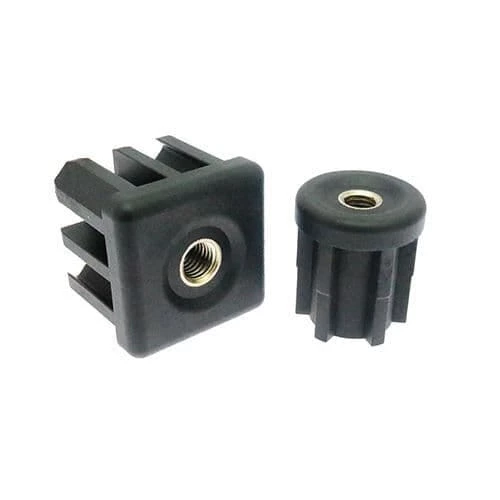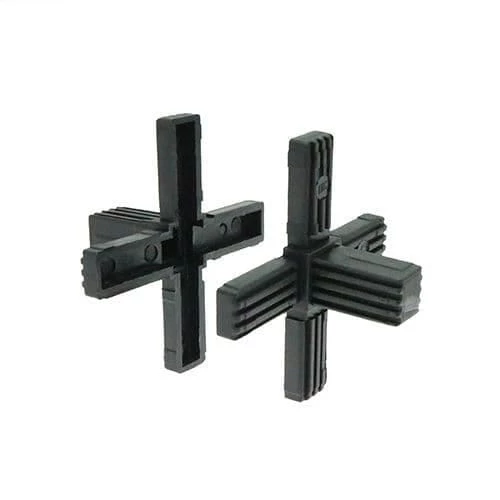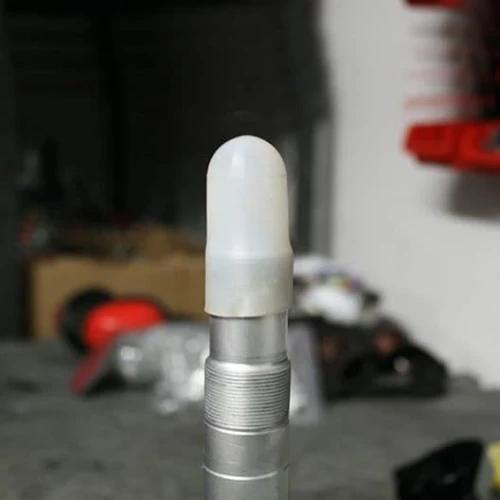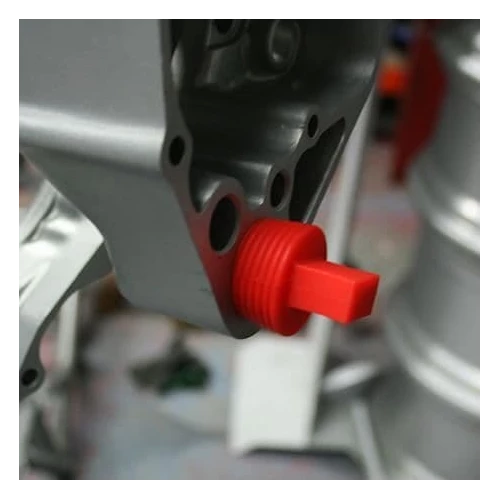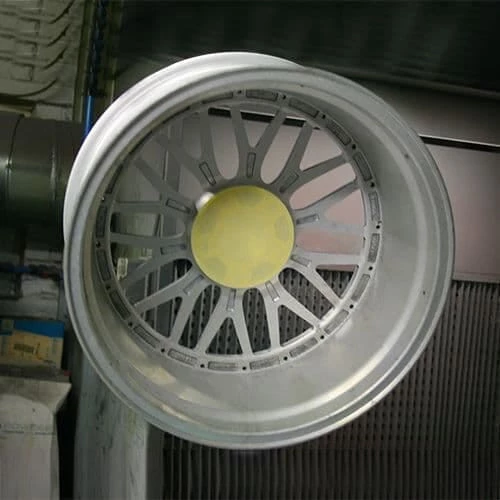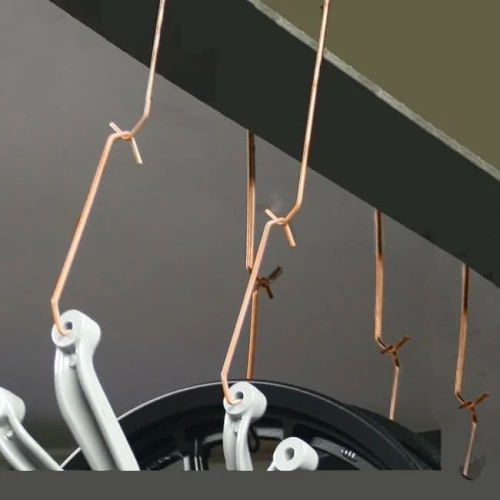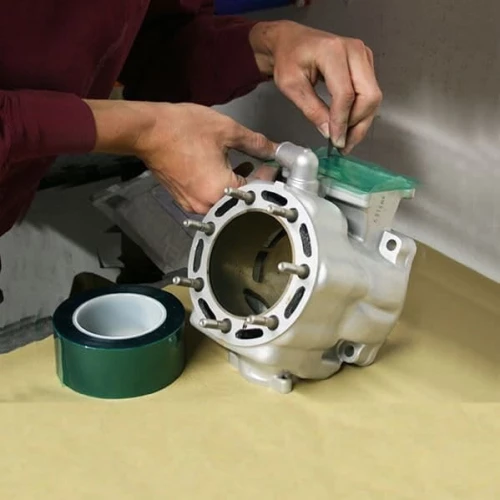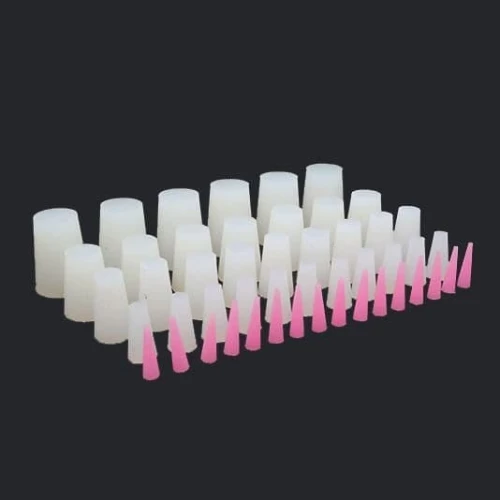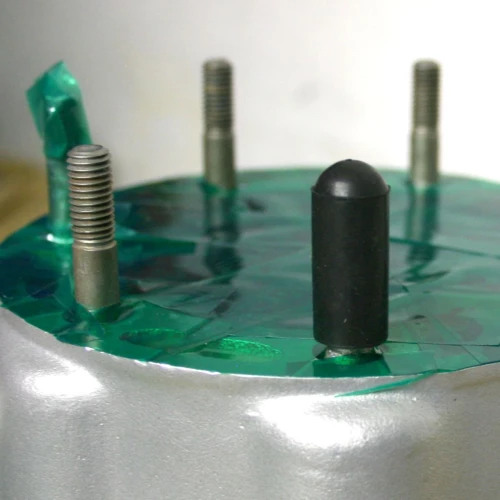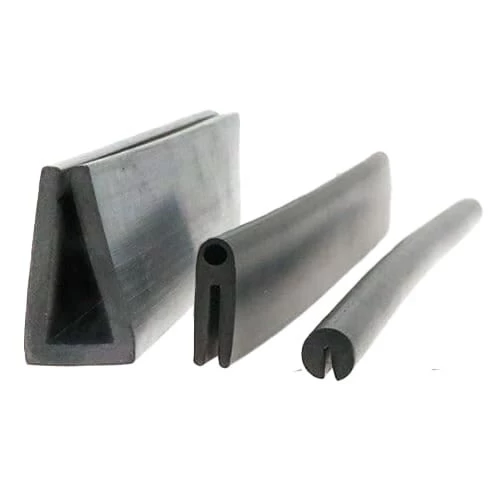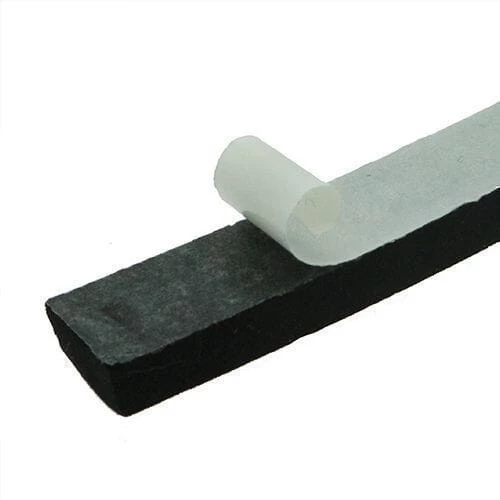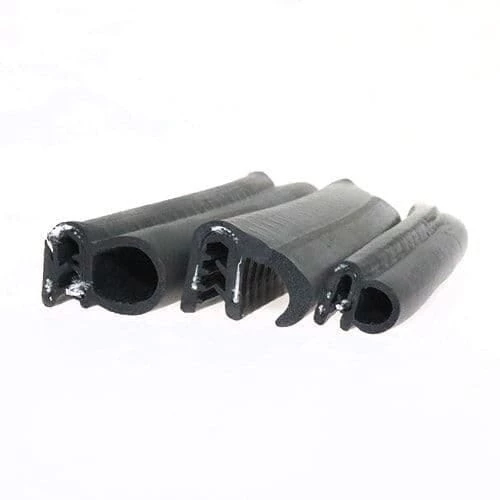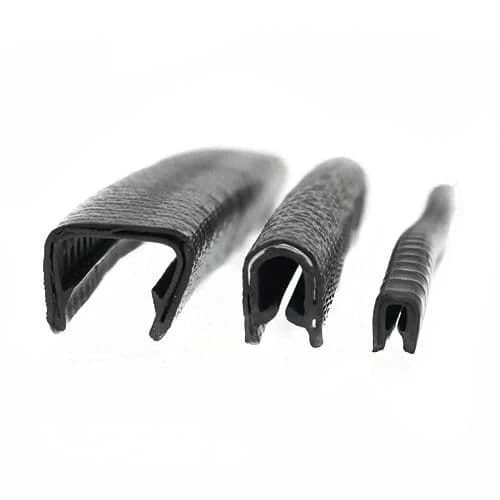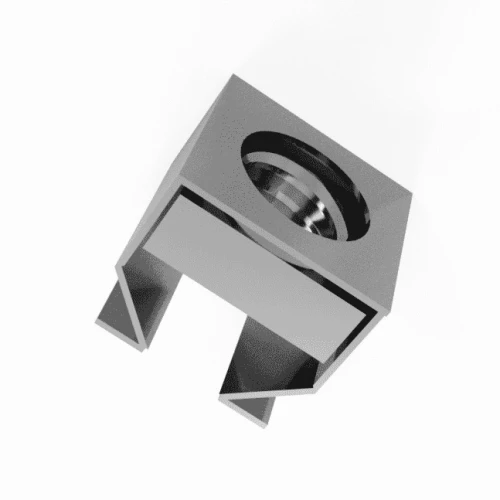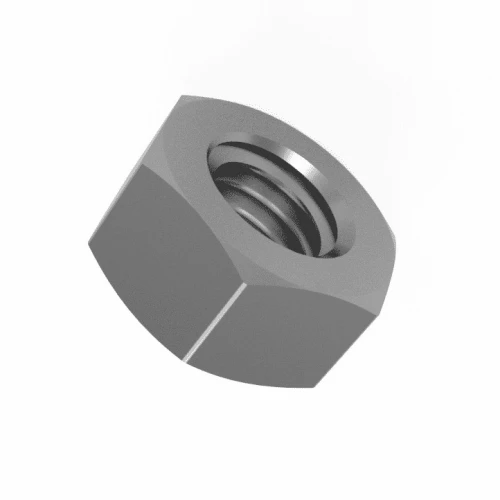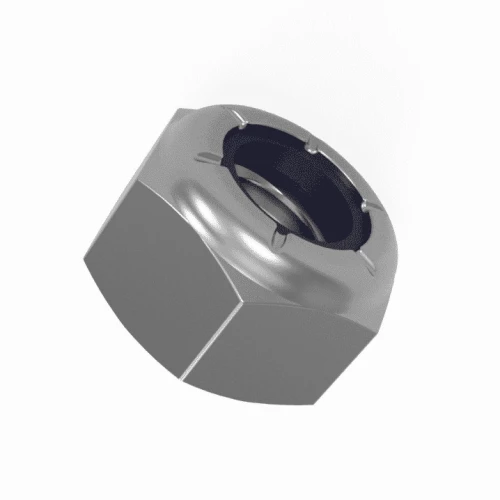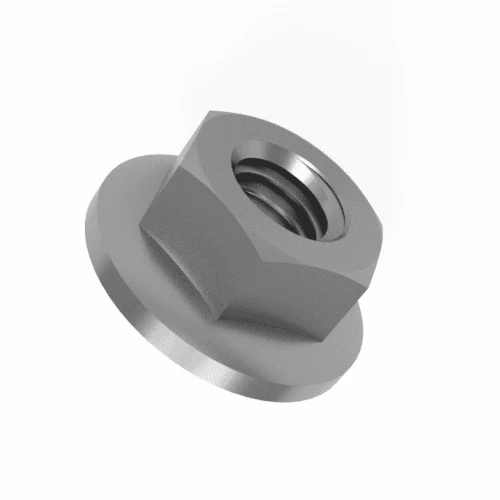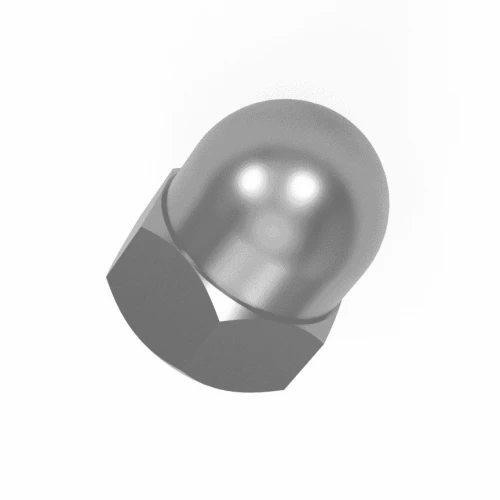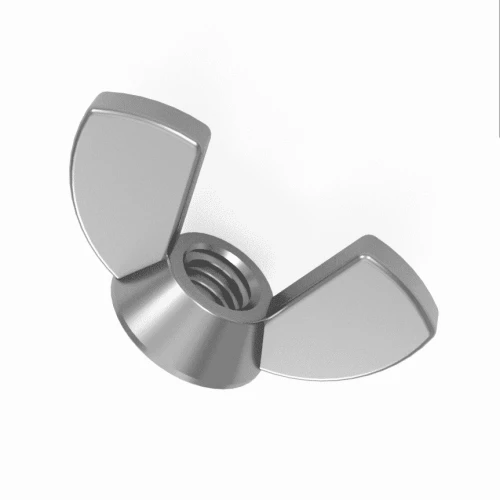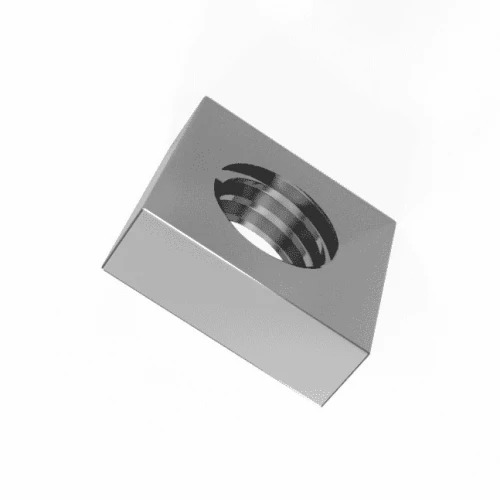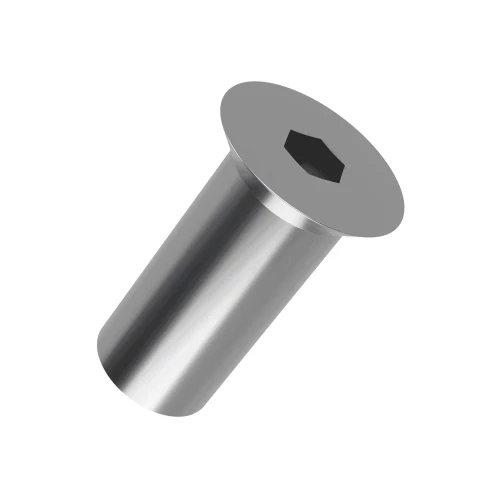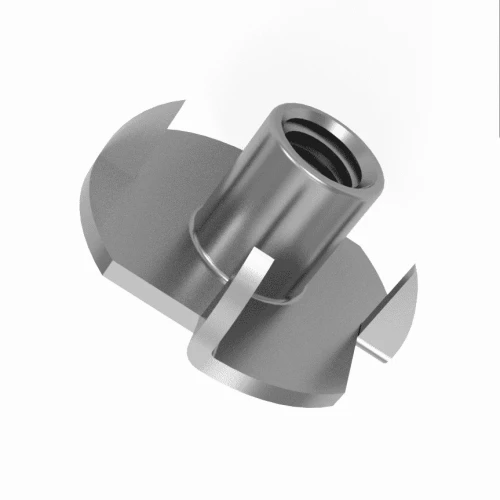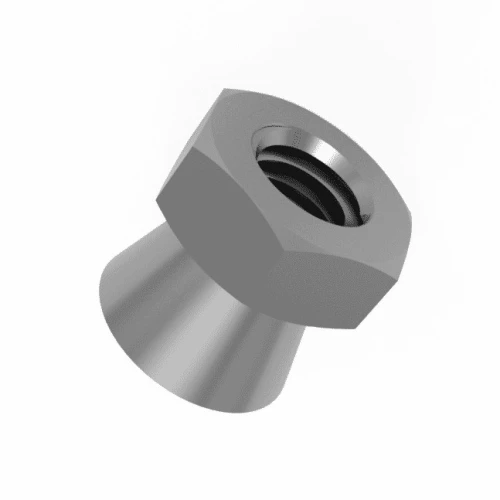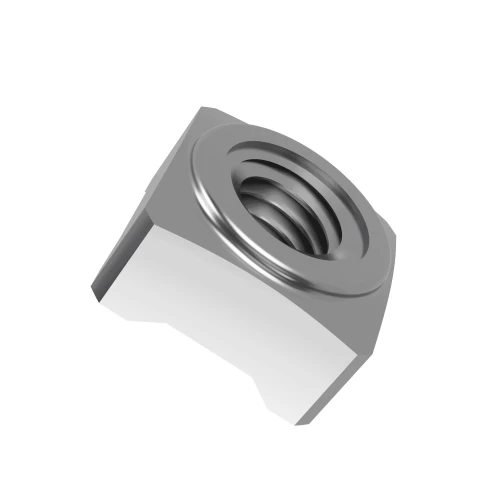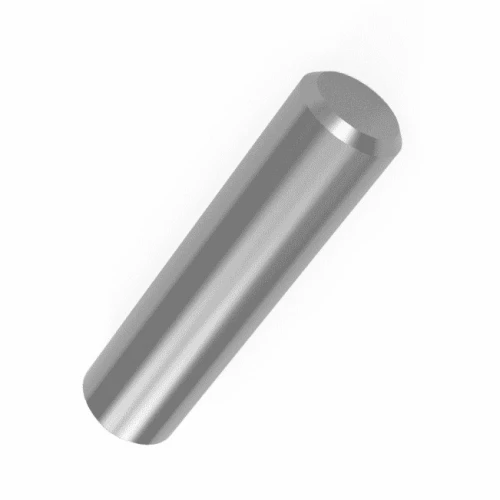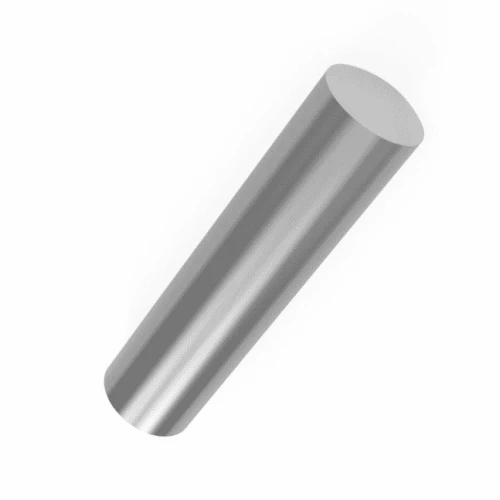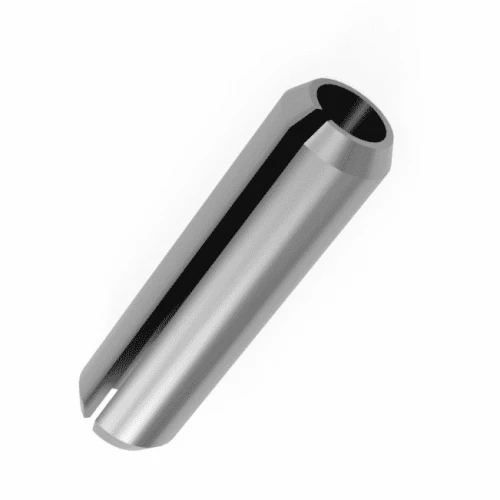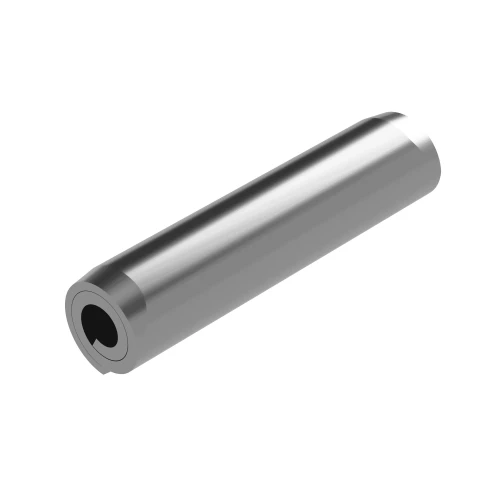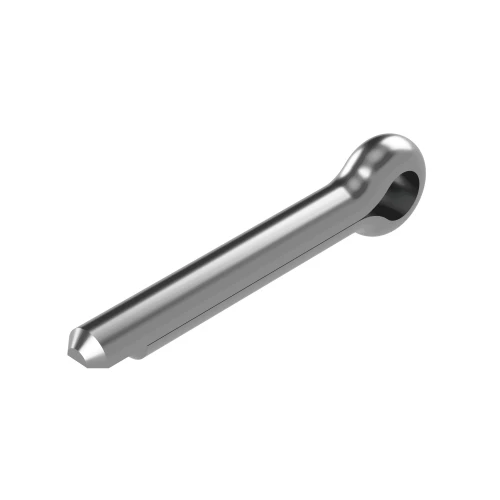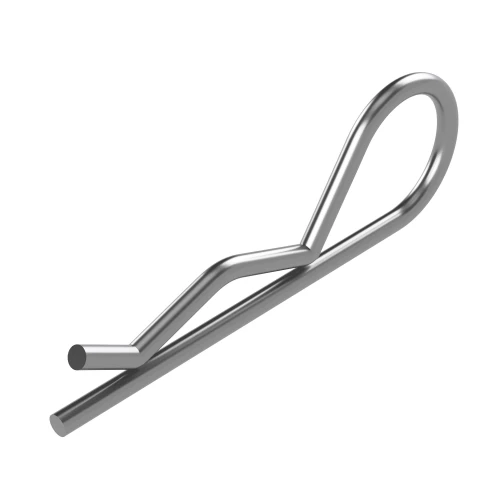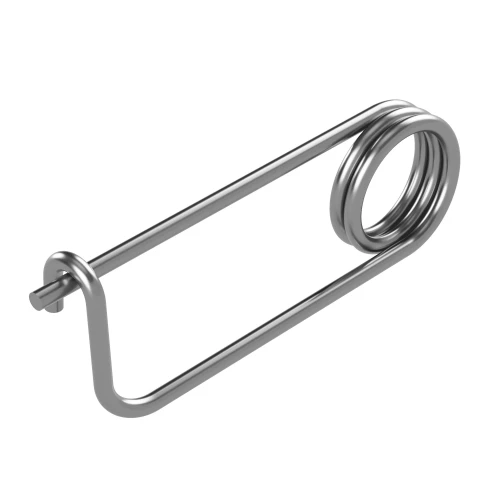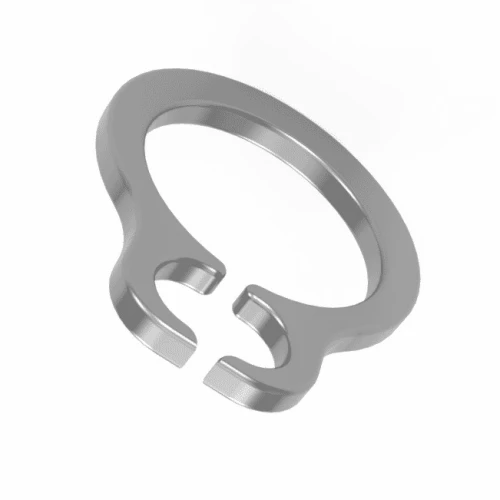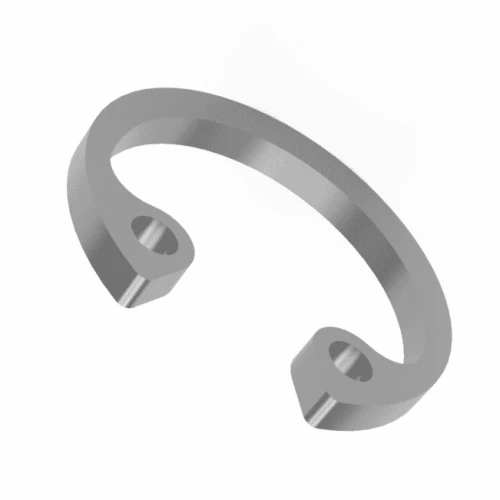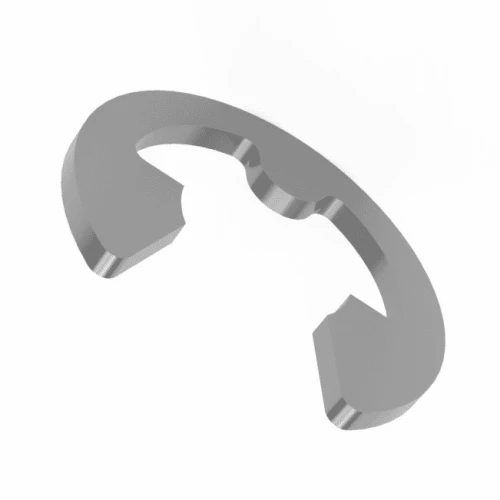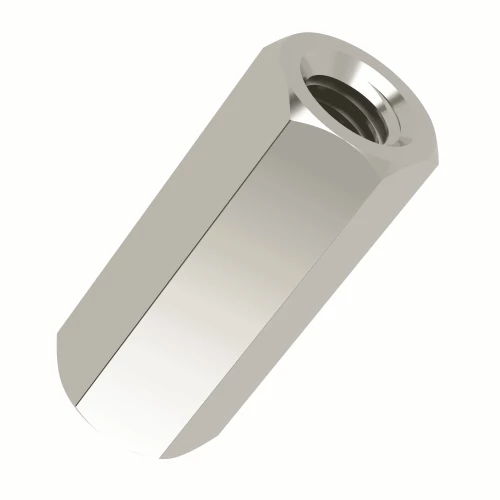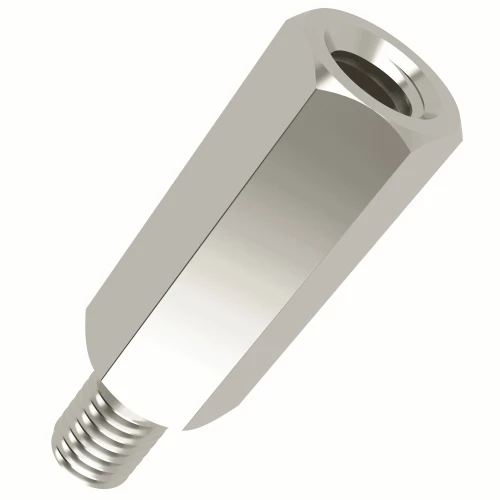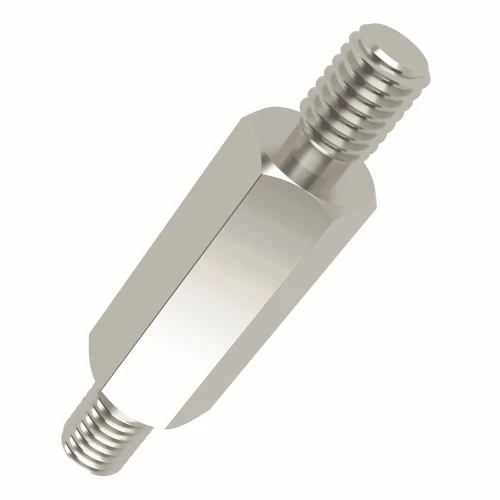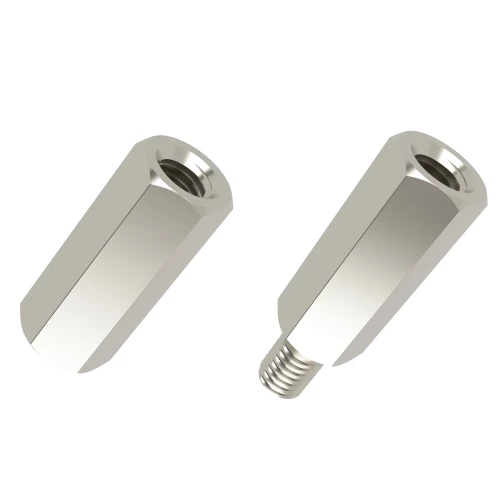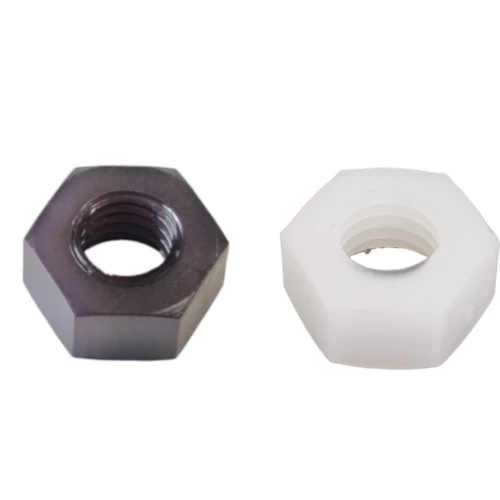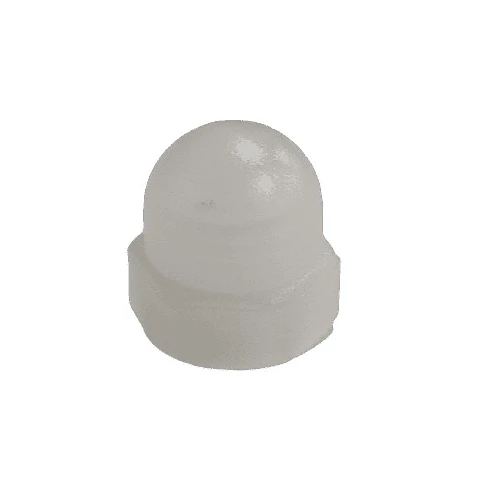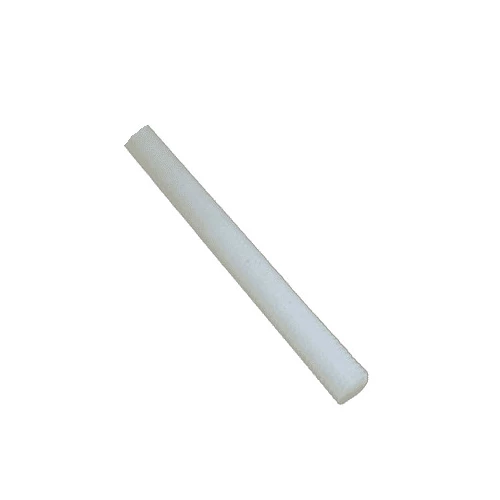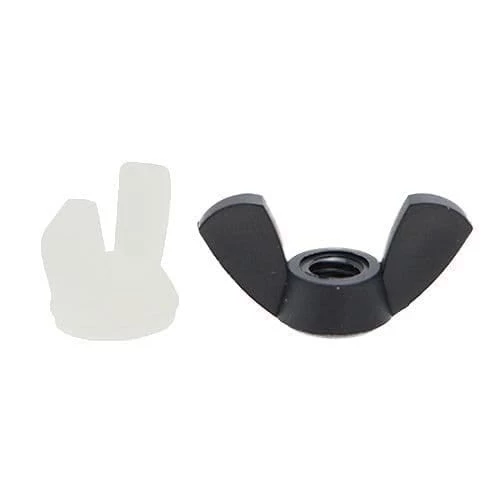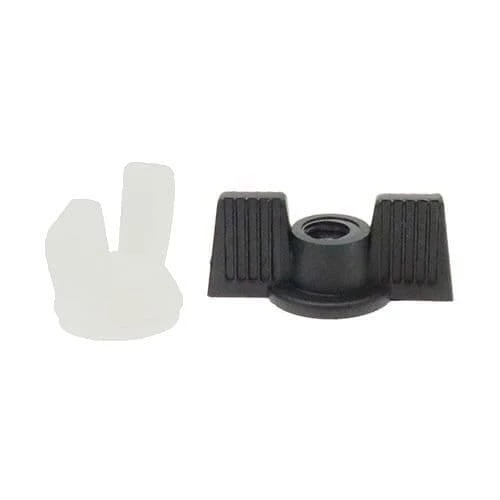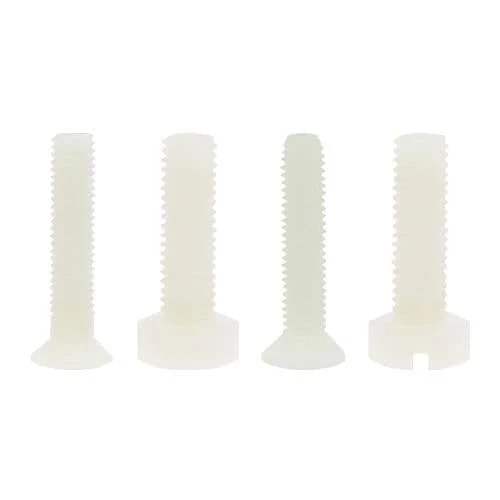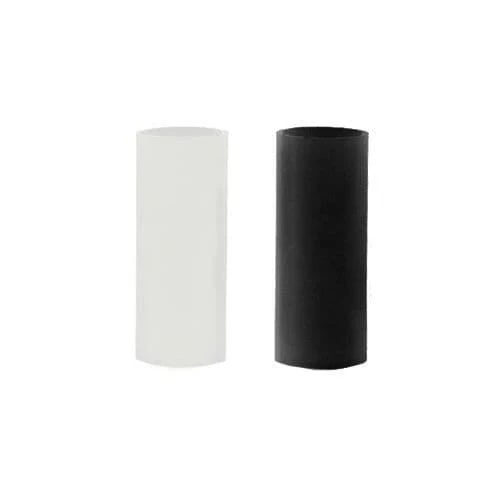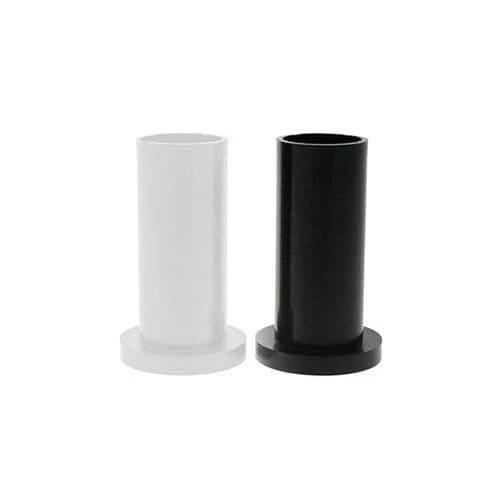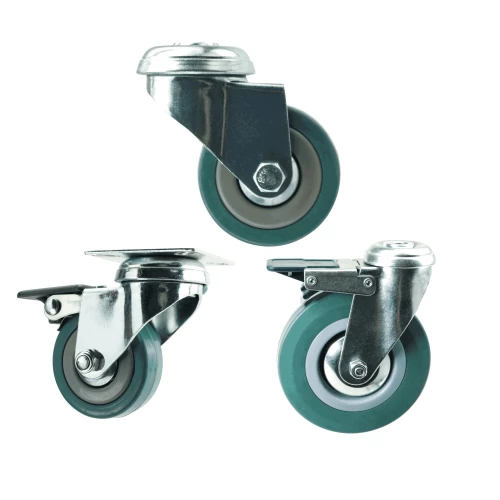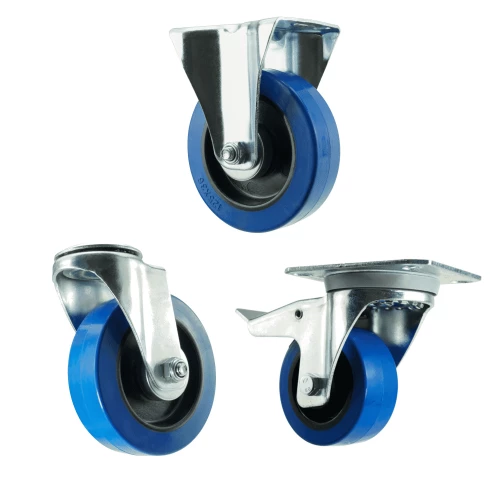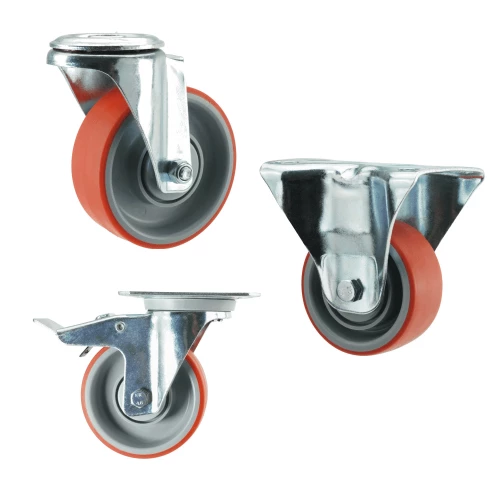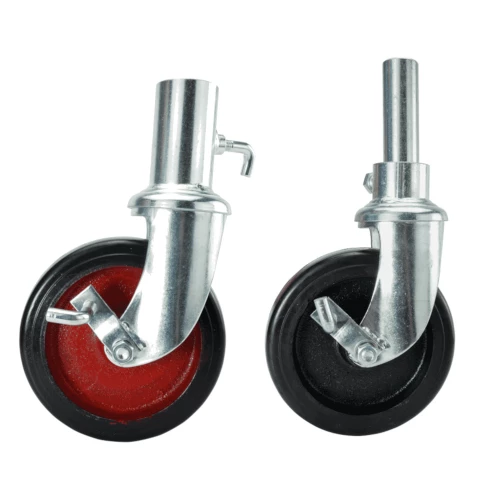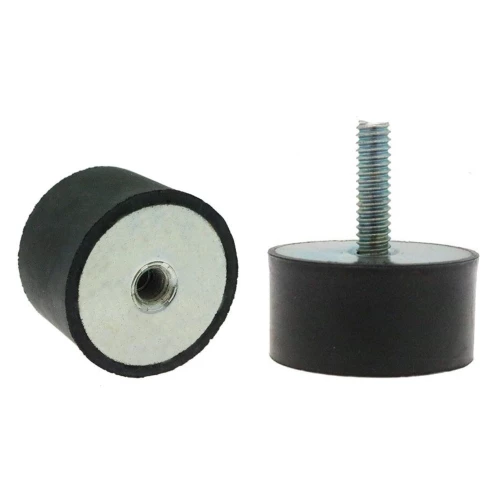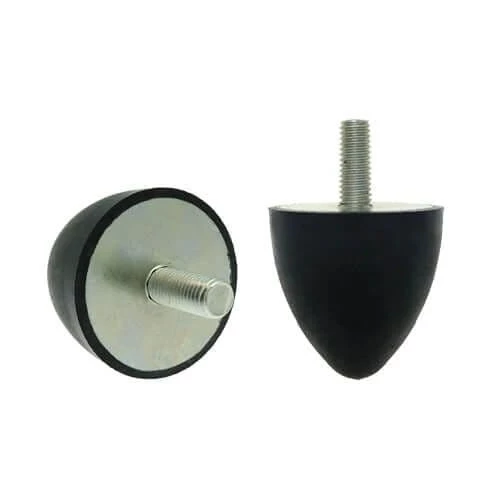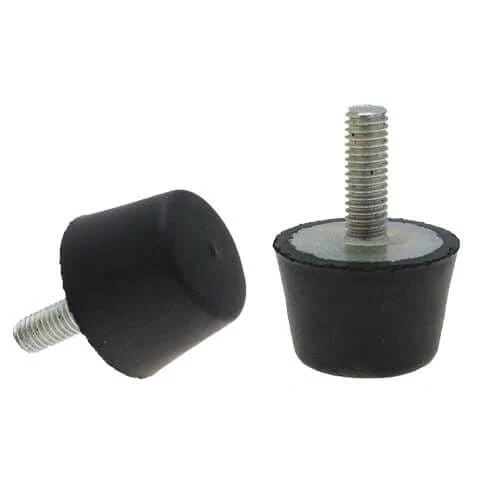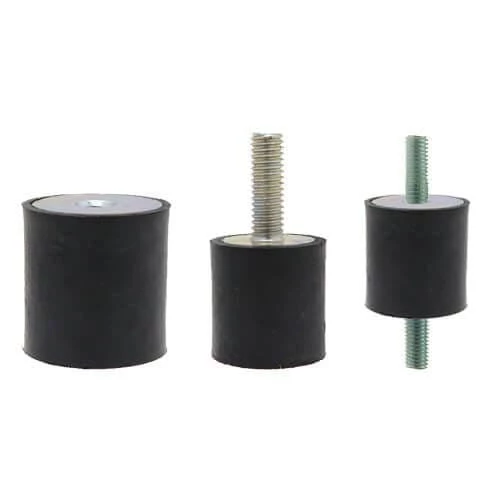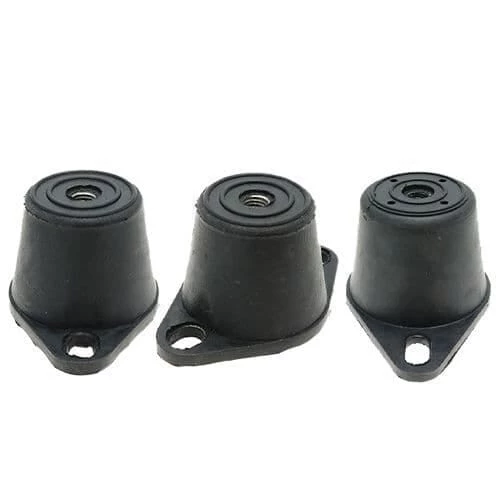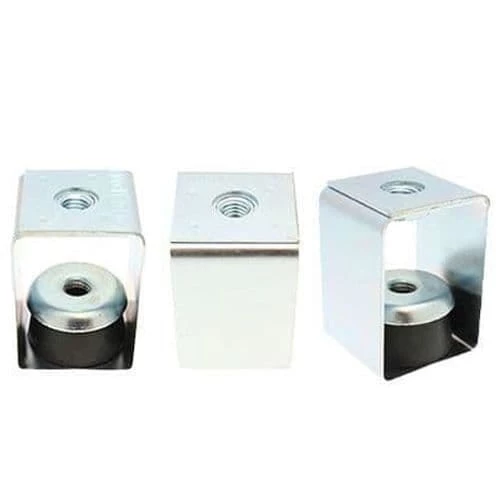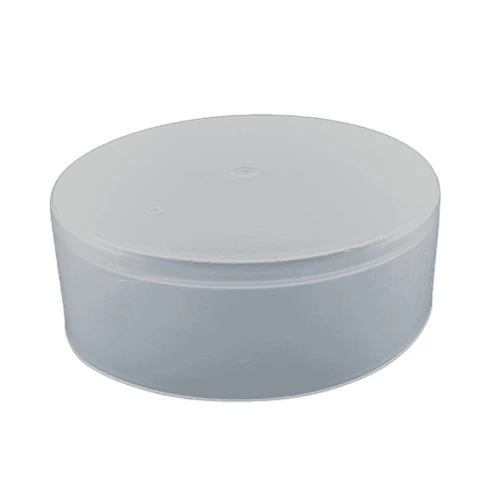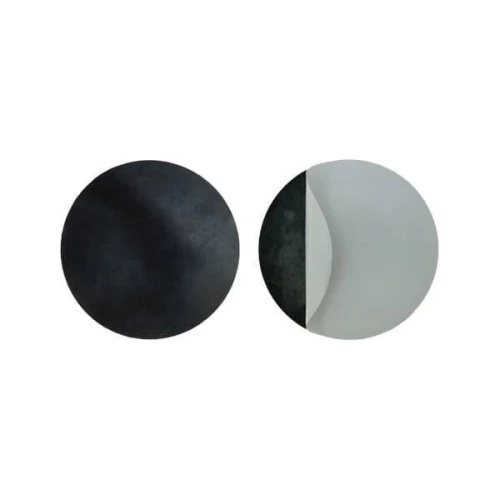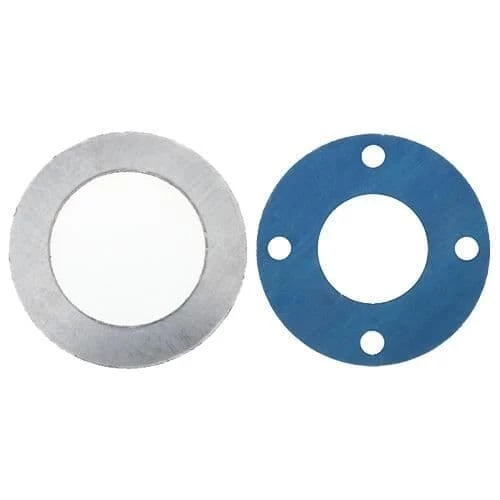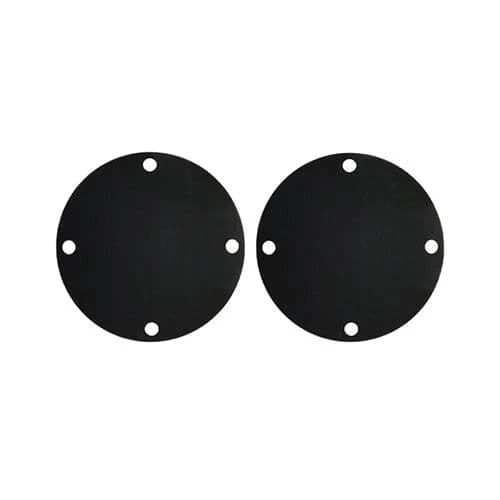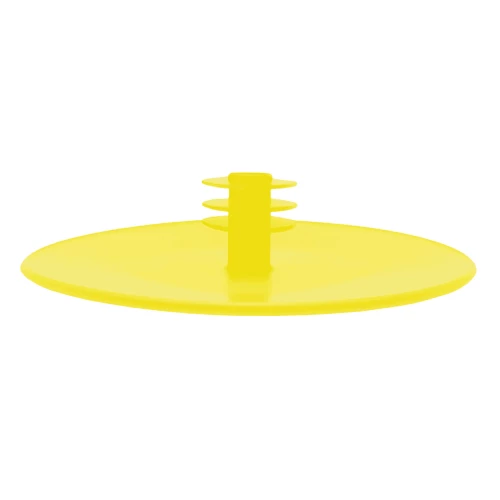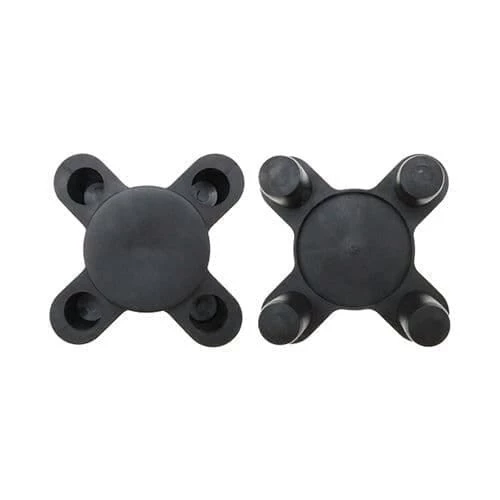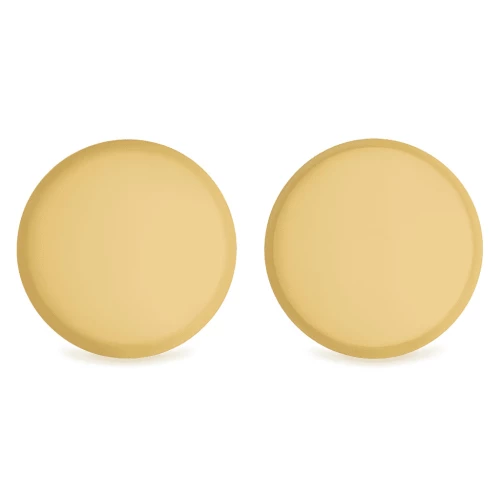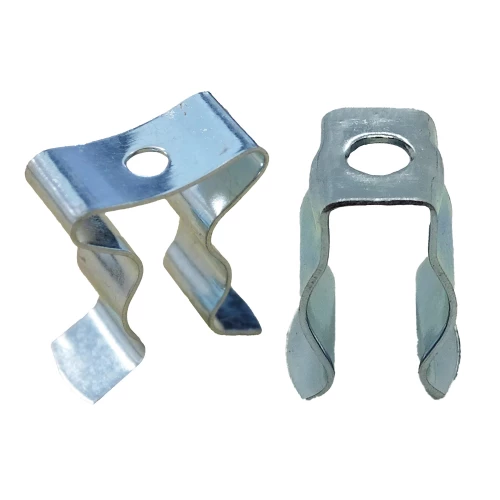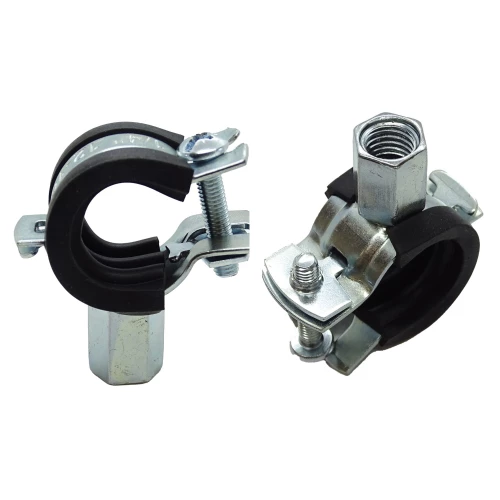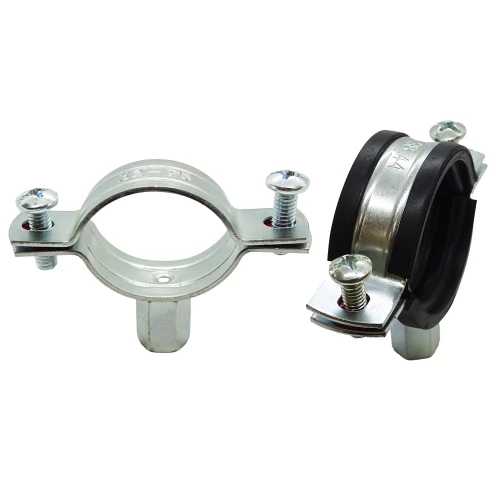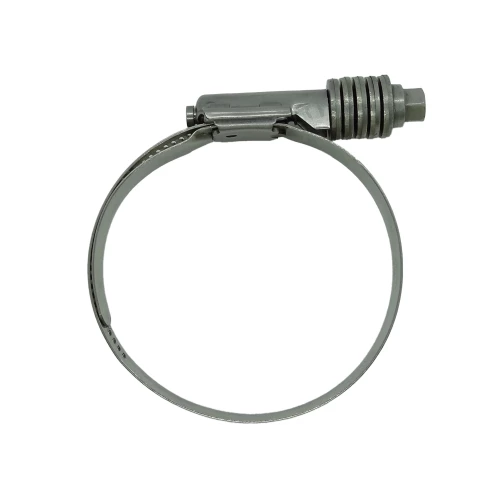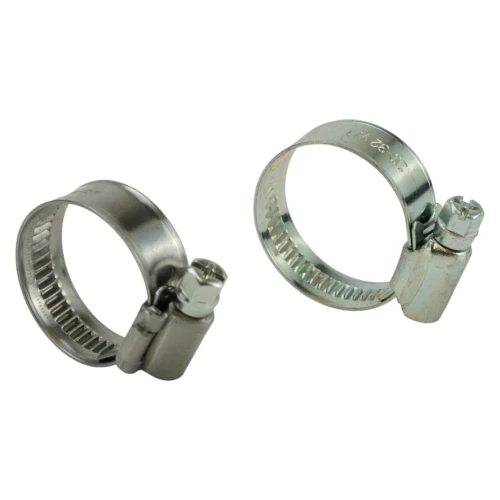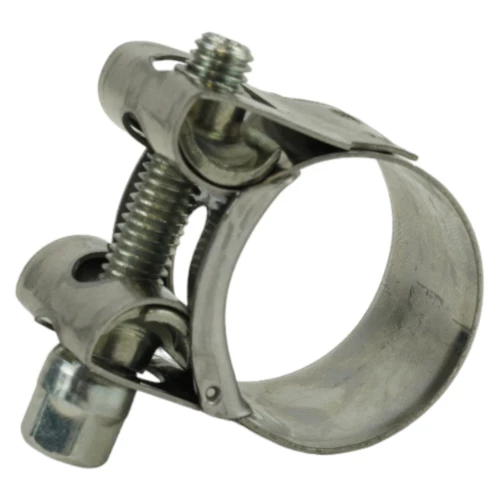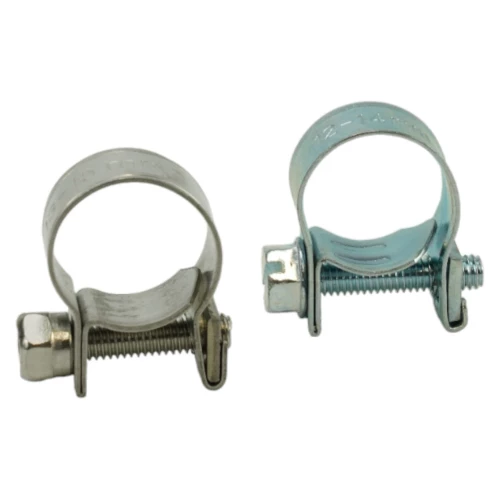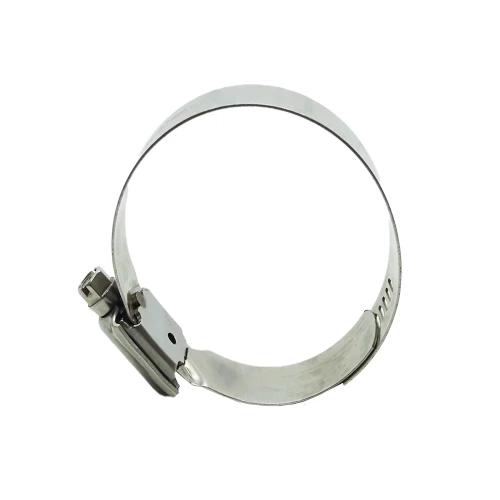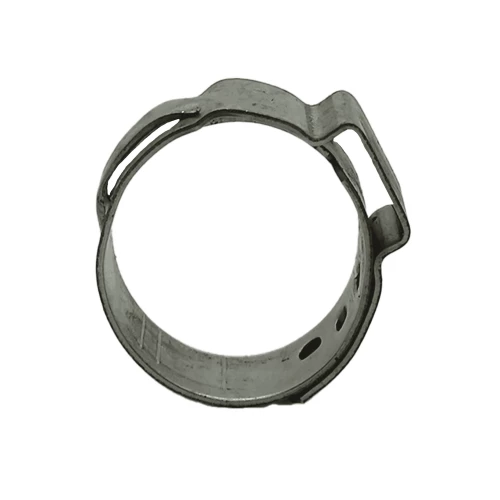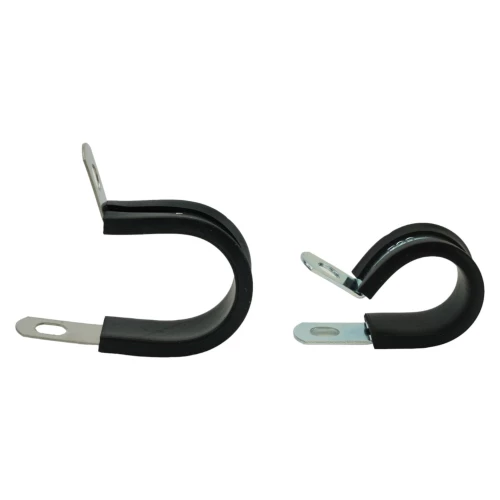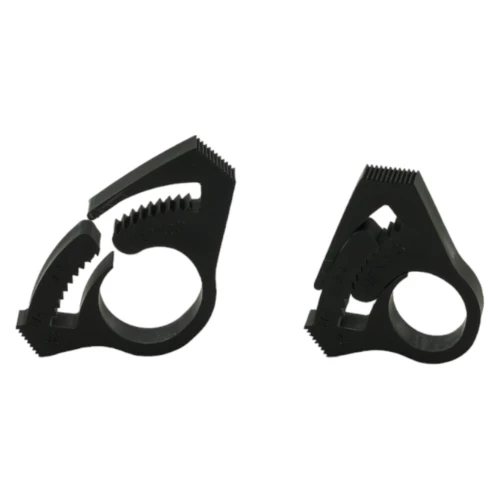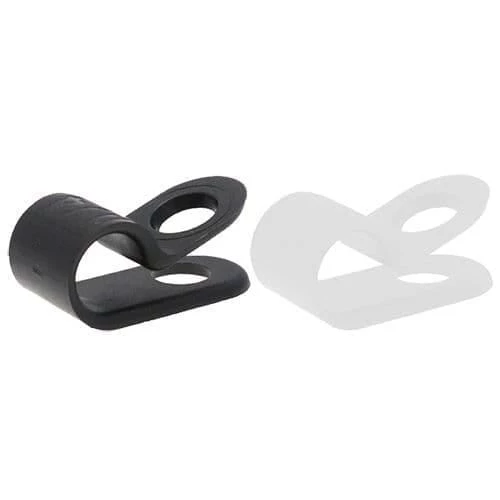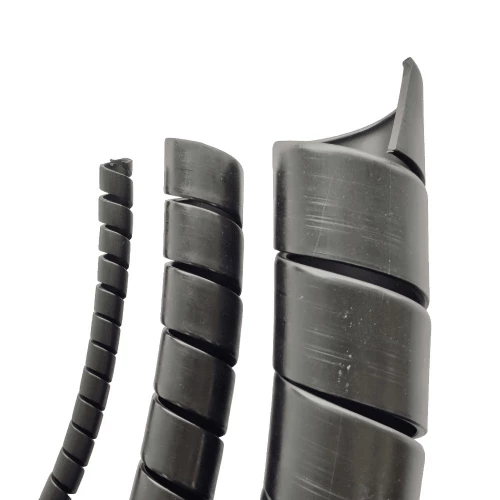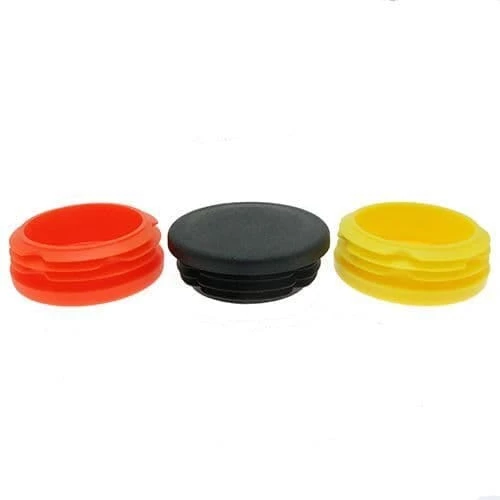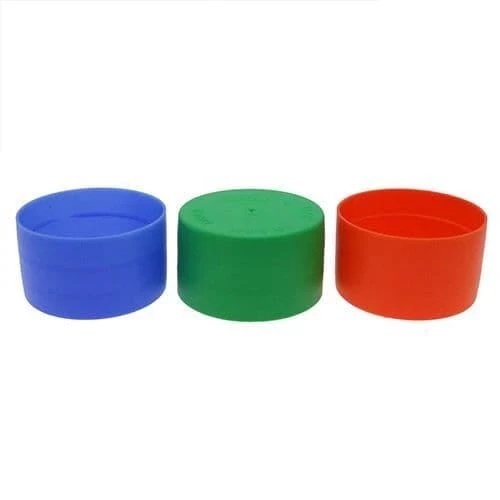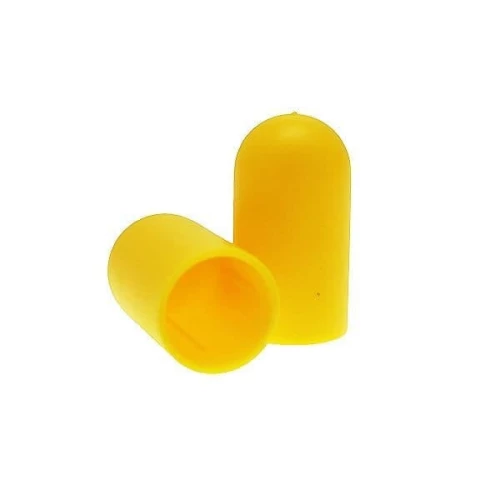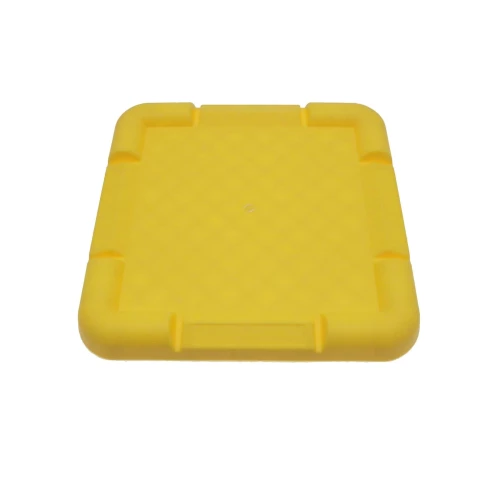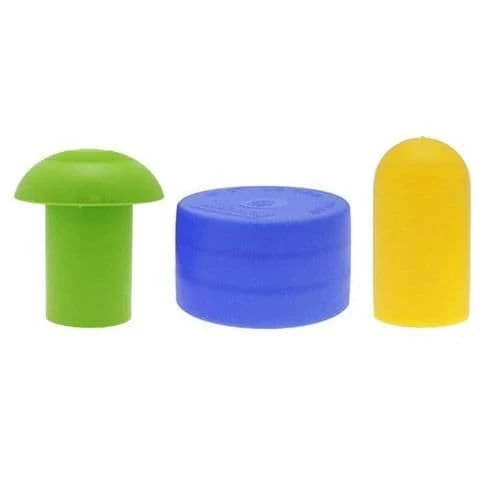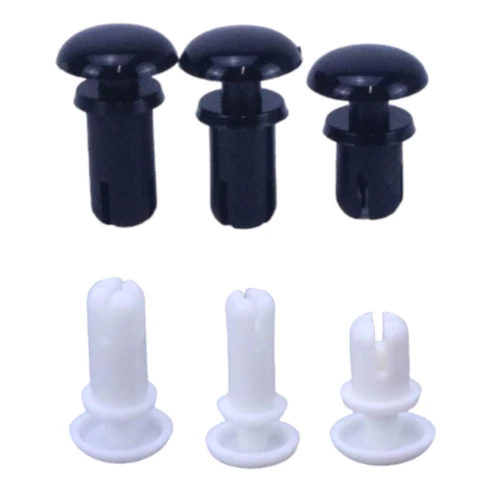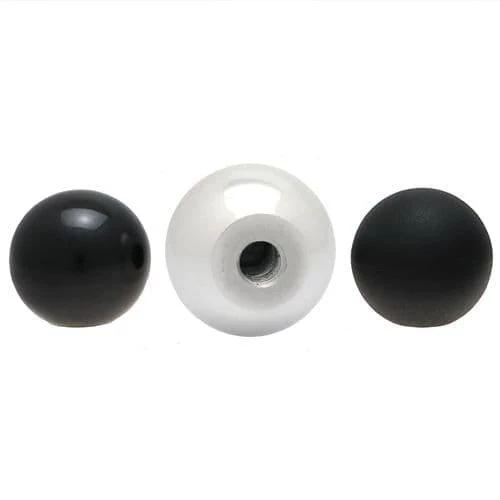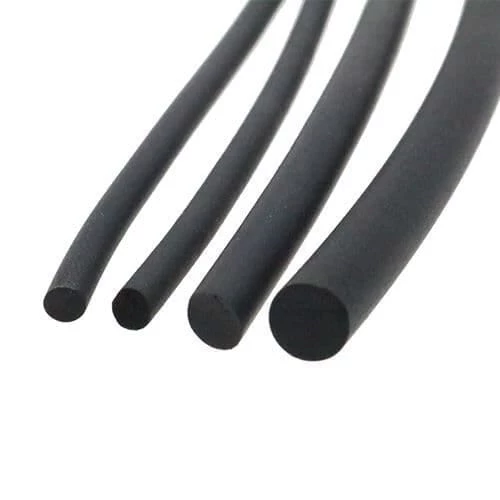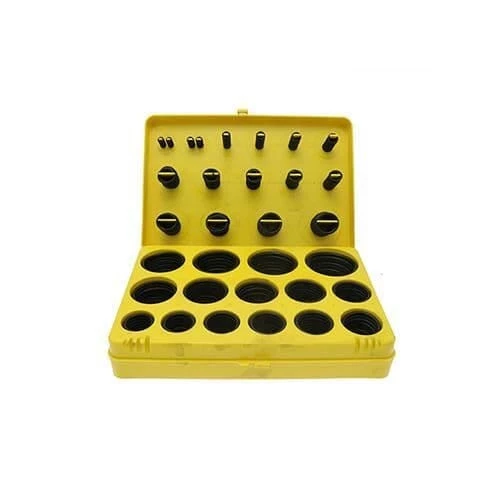
Stainless Steel Flat Washers
Stainless steel flat washers are indispensable components in almost any bolted joint. Designed to distribute the load of a threaded fastener (like a bolt or screw) evenly across a wider surface area, they prevent damage to the material being fastened and help ensure a secure, long-lasting connection. Without a flat washer, the concentrated force of a bolt head or nut could deform softer materials or even pull through the hole, compromising the integrity of your assembly.
You'll find flat washers in nearly every industry and application, from heavy construction and automotive manufacturing to delicate electronics and home DIY projects. They're crucial wherever you need to:
- Distribute Load: Spread the clamping force over a larger area, protecting the surface of the fastened material.
- Prevent Damage: Shield surfaces from the friction and wear caused by tightening nuts and bolts.
- Create Spacing: Act as a spacer between components.
- Improve Stability: Provide a smooth, consistent bearing surface for the fastener.
- Prevent Loosening: Though not a locking mechanism themselves, they improve the conditions for other locking methods (like lock washers) to work effectively.
Specific Applications of Stainless Steel Flat Washer Standards
Different flat washer standards exist to meet specific engineering requirements for dimensions, tolerances, and intended use.
DIN 125A Flat Washers
These are perhaps the most common and widely used general-purpose flat washers. They have a standard outer diameter and thickness relative to the bolt size, making them suitable for most everyday applications where a basic load distribution is needed.
- General Use: Machine building, automotive, furniture assembly, construction, and DIY projects.
- Wherever a standard-sized washer is sufficient to protect the surface and provide a bearing for the fastener.
DIN 433 Flat Washers (Small Series)
Unlike the DIN 125A, DIN 433 flat washers have a smaller outer diameter. This makes them ideal for applications where space is limited, or a more compact aesthetic is desired, without sacrificing too much load distribution.
- Electronics and Electrical Applications: Mounting circuit boards, securing smaller components where space is at a premium.
- Fine Mechanics: Precision instruments, delicate machinery where larger washers would interfere.
- Automotive Interior/Trim: Wherever a neat, less obtrusive fastening is required.
DIN 1052 Flat Washers (For Timber Constructions)
While not as universally used as 125A, DIN 1052 washers are specifically designed for timber constructions. They have a larger outer diameter and often a greater thickness than standard washers to provide a significantly larger bearing surface. This is crucial for wooden structures to prevent the bolt head or nut from compressing into or pulling through the softer wood material.
- Timber Framing: Securing beams, posts, and trusses in wooden buildings.
- Decking and Fencing: Providing robust connections in outdoor timber structures.
- Heavy Timber Connections: Ensuring the longevity and stability of large wooden assemblies.
DIN 9021 Flat Washers (Large Series / Fender Washers)
DIN 9021 flat washers are characterized by their very large outer diameter relative to the inner diameter. Often referred to as "fender washers," they offer maximum load distribution. This makes them essential when fastening soft or thin materials, or when covering oversized or damaged holes.
- Sheet Metal Work: Preventing fasteners from tearing through thin sheet metal panels.
- Plumbing and HVAC: Sealing connections or mounting components to soft insulation.
- Automotive Fenders and Body Panels: Hence the "fender washer" name.
- Repair Work: Covering existing large or elongated holes to allow for a secure fastening.
BS 4320 Flat Washers
The British Standard BS 4320 specifies dimensions for various types of metal washers for general engineering purposes. It includes different "types" (e.g., Type A for normal diameter, Type B for large diameter, Type C for small diameter) with specific thickness grades. While often similar to DIN standards, they provide alternatives for compatibility with British-engineered designs.
- General Engineering: Broad range of uses in British-designed machinery, vehicles, and structures.
- Maintenance and Repair: When replacing components in systems originally built to BS standards.
- Specific Industry Requirements: Certain sectors may still specify BS standards for consistency.
What is a Penny Washer?
A Penny Washer is an informal, colloquial term, primarily used in the UK, for a flat washer with a very large outer diameter relative to its inner diameter. It gets its name from the fact that its size is roughly comparable to an old penny coin.
Where is it used? Penny washers are used for the same reasons as DIN 9021 washers (which are the standardized version of this type of large washer). They are ideal for:
- Distributing extreme loads over soft materials like wood or plastic.
- Securing thin sheet materials without tearing.
- Covering oversized or irregular holes from previous fastenings or damage.
When to Use A2 and A4 Stainless Steel Washers
The choice between A2 and A4 stainless steel for your washers is crucial, as it dictates their resistance to corrosion and their suitability for different environments.
A2 Stainless Steel (Type 304):
- Common Use: This is the most widely used grade of stainless steel, offering excellent corrosion resistance in normal atmospheric conditions, freshwater, and general industrial environments.
- Applications: Fastening in kitchens, food processing equipment (dry areas), general machinery, outdoor furniture, and construction where exposure to salt or harsh chemicals is minimal.
- Cost-Effective: Generally more affordable than A4.
A4 Stainless Steel (Type 316 / "Marine Grade"):
- Superior Corrosion Resistance: This grade contains Molybdenum, which provides significantly enhanced resistance to pitting corrosion and corrosion from chlorides (salts) and various acids.
- Applications: Absolutely essential for marine environments (boats, docks, coastal structures), chemical processing plants, swimming pools, high-salinity areas, medical equipment, and food processing equipment where frequent harsh cleaning chemicals are used.
- Demanding Environments: Use A4 whenever there's exposure to saltwater, acids, or other highly corrosive substances.
Need help selecting the right washer for your applicatrion? Give us a call on 01233 713518
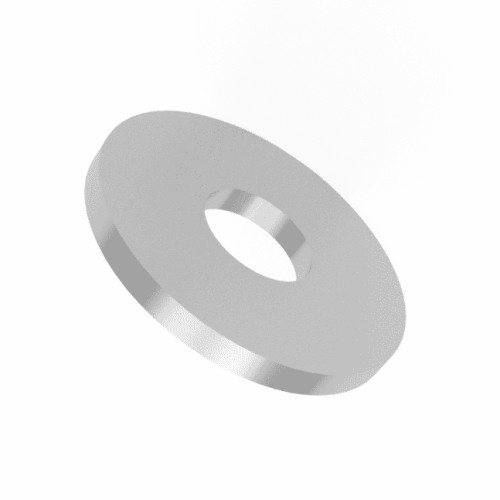
Categories
-
Plugs & Stoppers
-
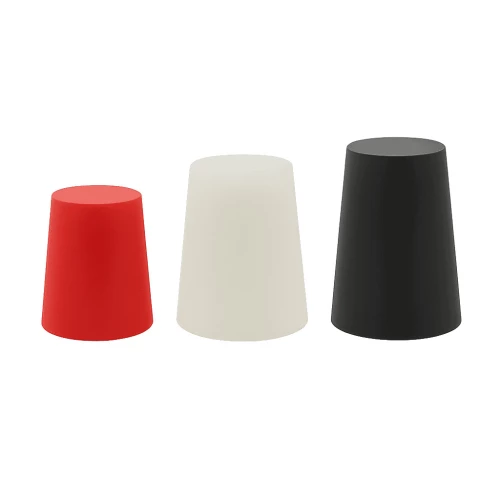 Tapered Rubber Plugs
Tapered Rubber Plugs -
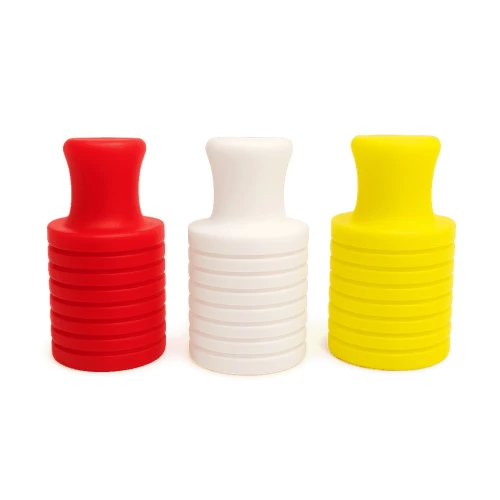 Silicone Ribbed Plugs
Silicone Ribbed Plugs -
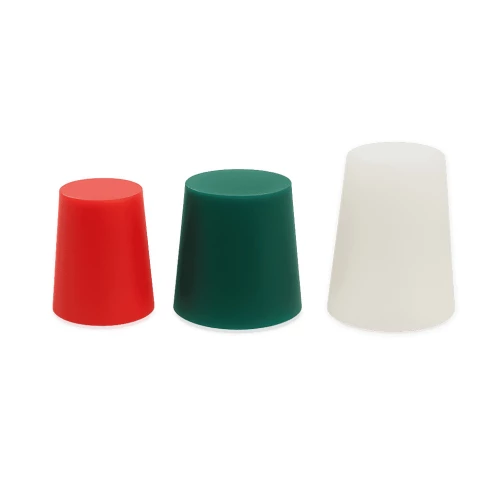 Silicone Tapered Plugs
Silicone Tapered Plugs -
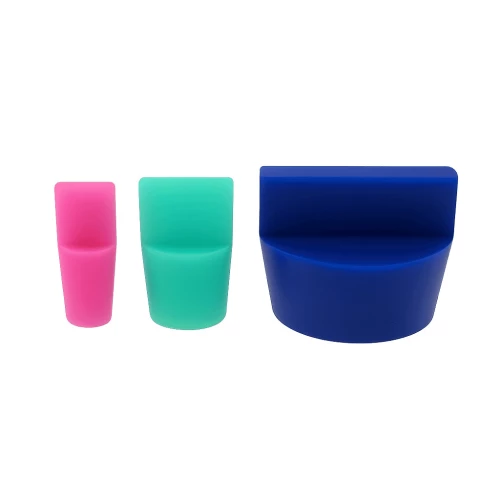 Silicone Plugs With Handle
Silicone Plugs With Handle -
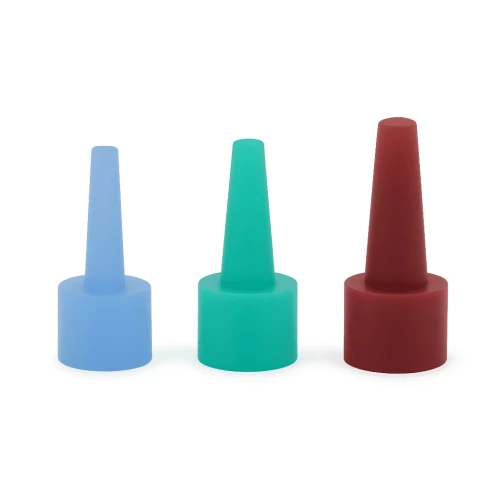 Silicone Step Plugs
Silicone Step Plugs -
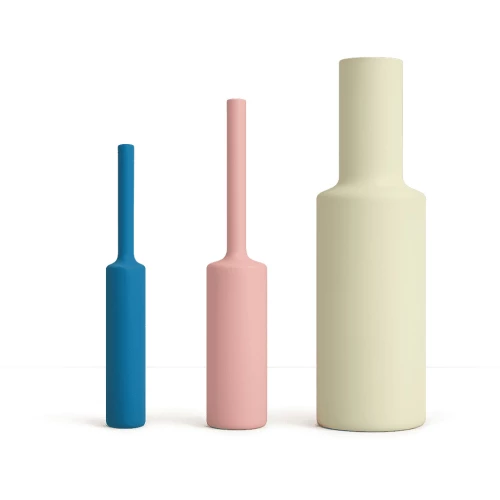 Silicone Pull Plugs
Silicone Pull Plugs -
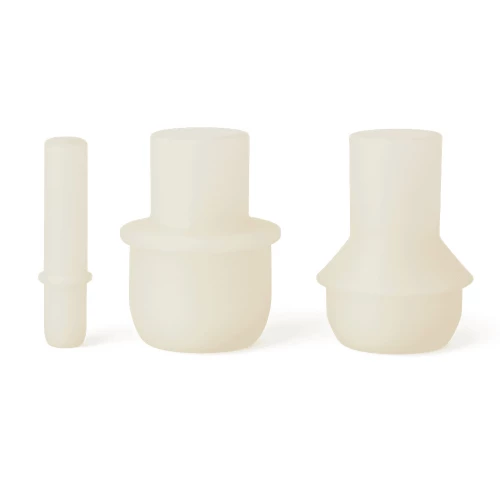 Silicone Thread Masking Plugs
Silicone Thread Masking Plugs -
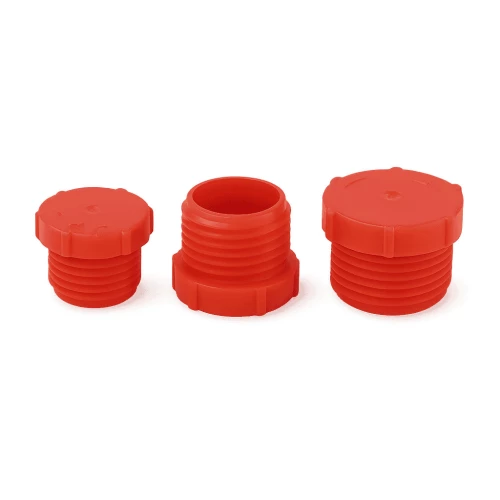 Threaded Plugs
Threaded Plugs -
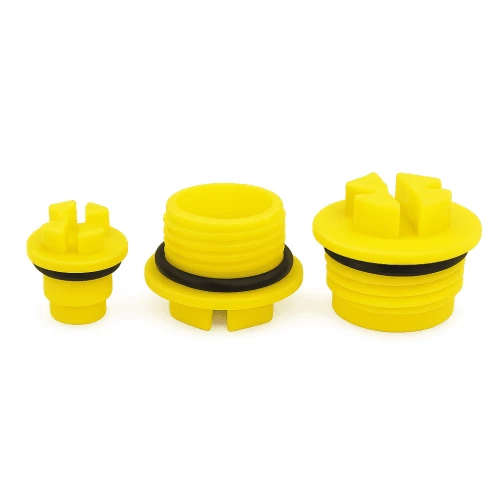 Threaded Sealing Plugs
Threaded Sealing Plugs -
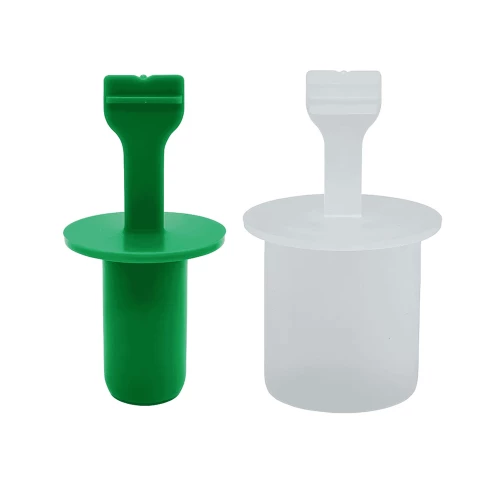 Cylindrical Pull Tab Plugs
Cylindrical Pull Tab Plugs -
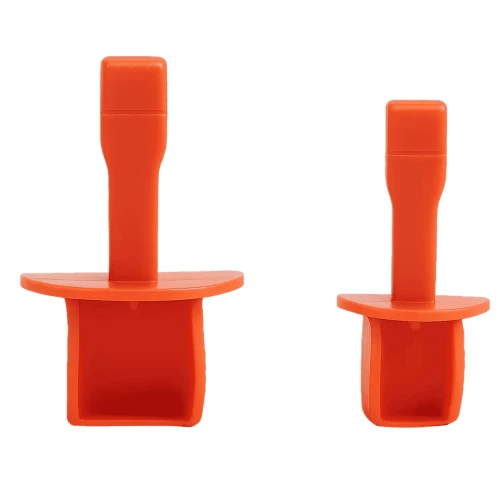 Finned Pull Tab Plugs
Finned Pull Tab Plugs -
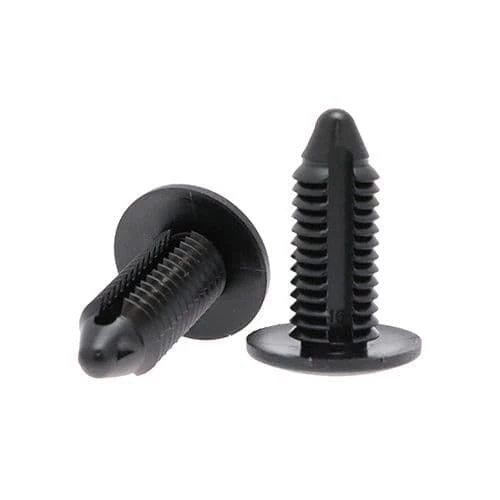 Fir Tree Plugs
Fir Tree Plugs -
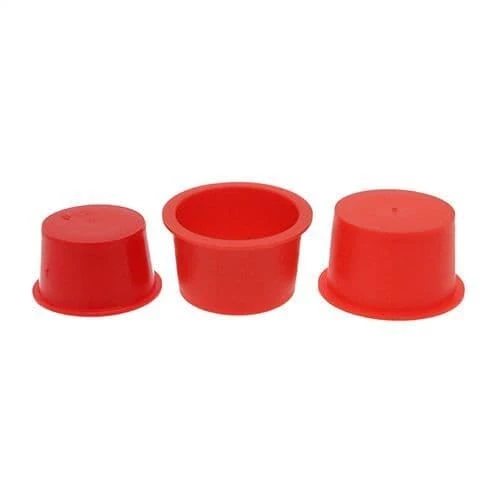 Reversible Tapered Plugs
Reversible Tapered Plugs -
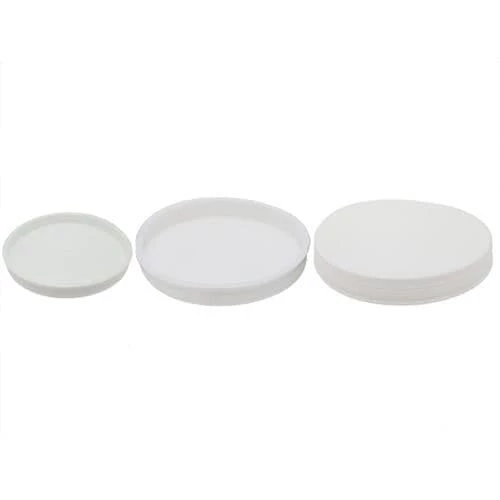 Round Tube Plugs
Round Tube Plugs -
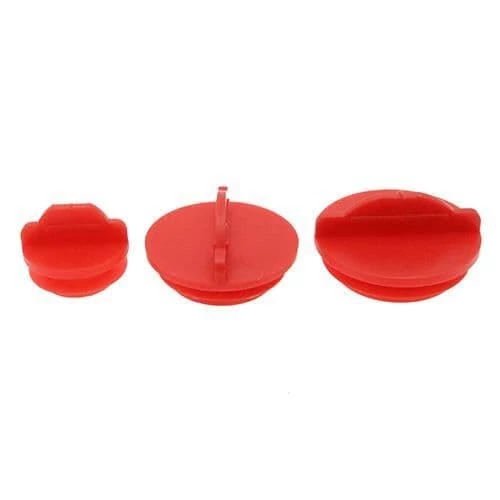 Snap Fit Hole Plugs
Snap Fit Hole Plugs -
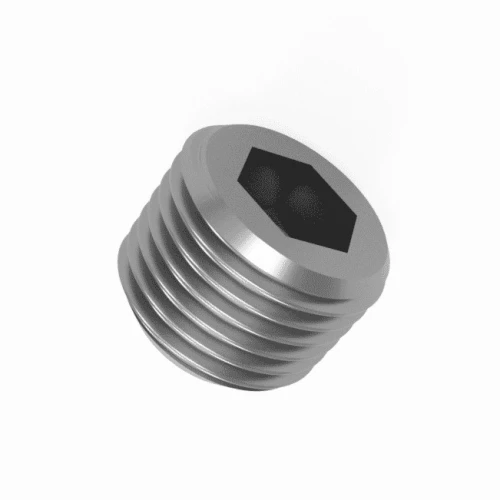 Stainless Steel Socket Pipe Plugs DIN 906
Stainless Steel Socket Pipe Plugs DIN 906 -
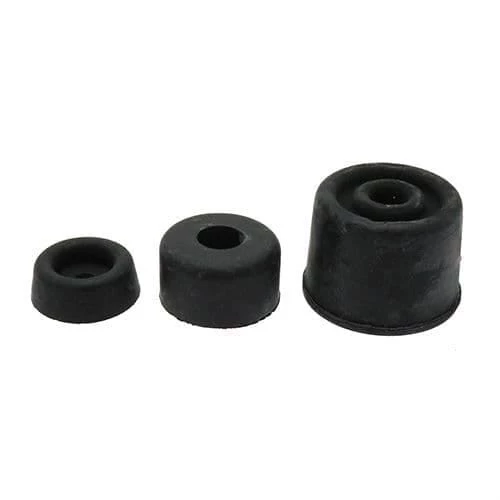 Door Stoppers
Door Stoppers -
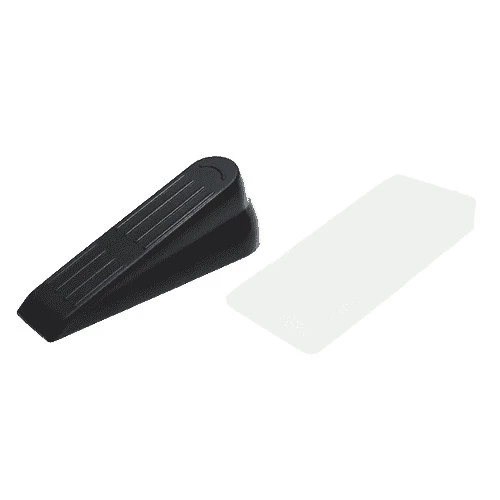 Door Wedge
Door Wedge -
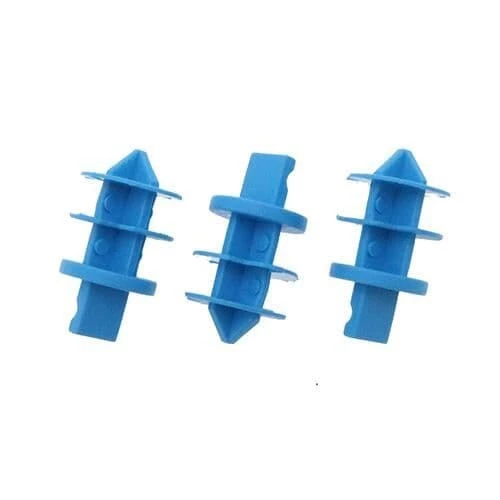 Finned Hole Plugs
Finned Hole Plugs -
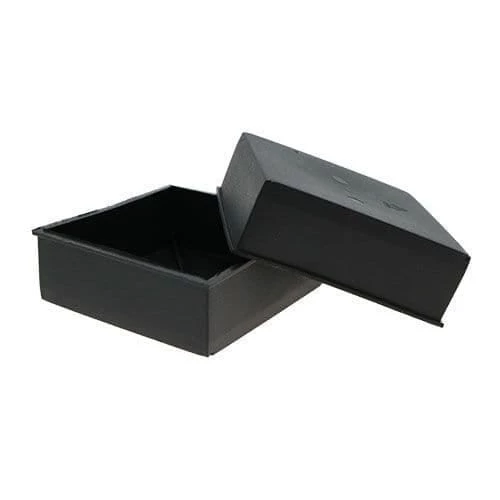 Plastic End Plugs
Plastic End Plugs -
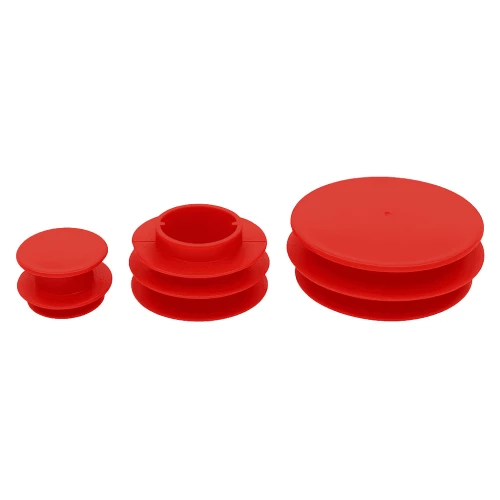 Ribbed Pipe End Plugs
Ribbed Pipe End Plugs -
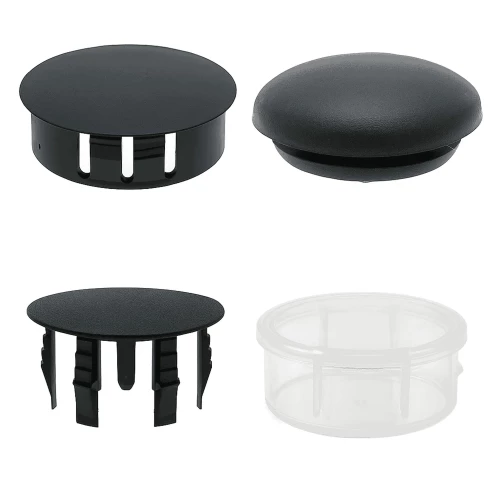 Blanking Plugs
Blanking Plugs -
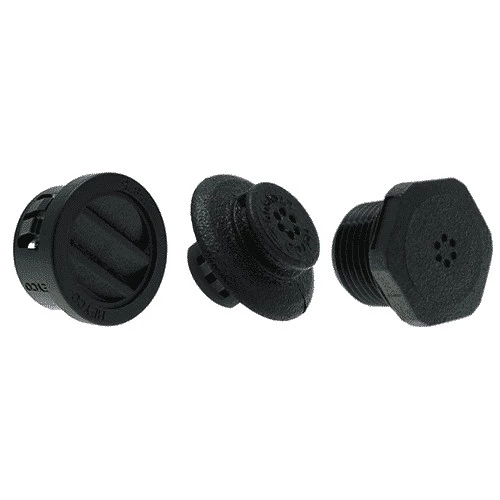 Ventilation Plugs
Ventilation Plugs -
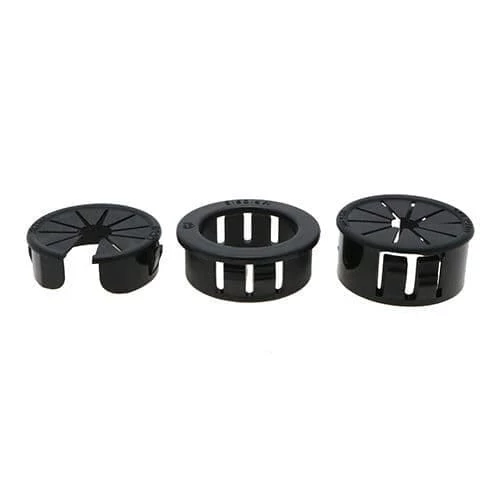 Snap Fit Bushes
Snap Fit Bushes -
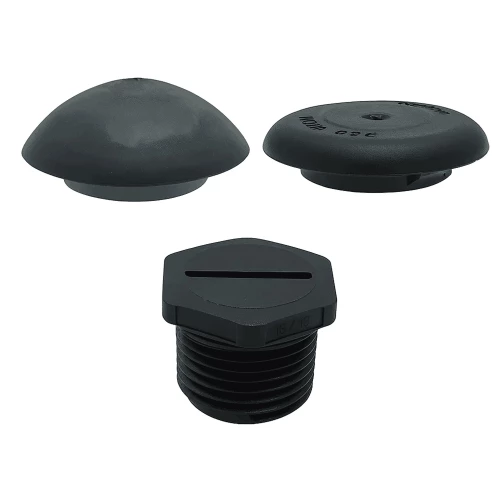 Liquid Tight Plugs
Liquid Tight Plugs -
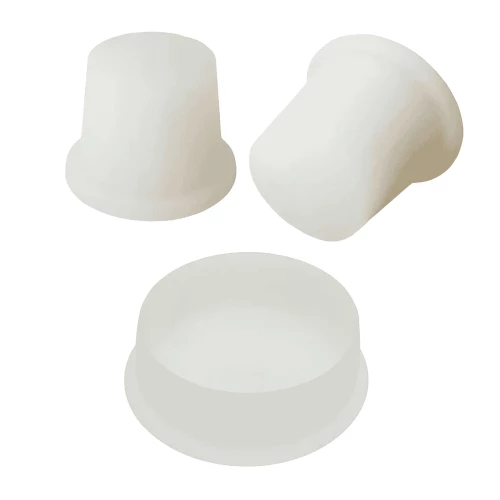 Barrel Plugs
Barrel Plugs -
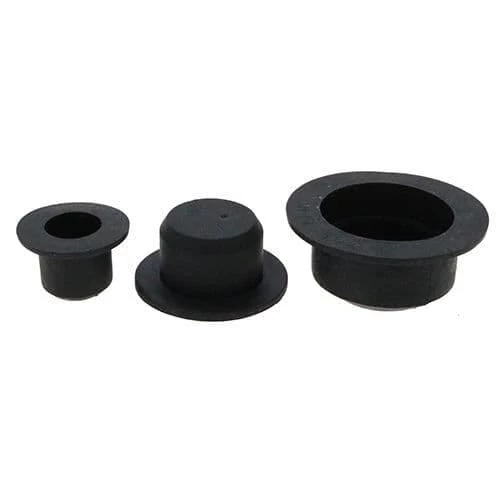 Washer Masking Plugs
Washer Masking Plugs -
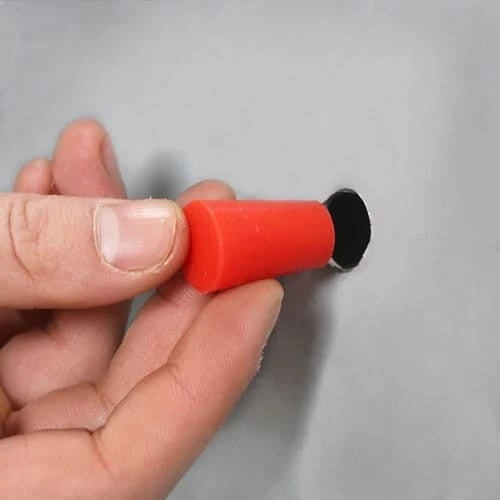 Measurement Guide
Measurement Guide -
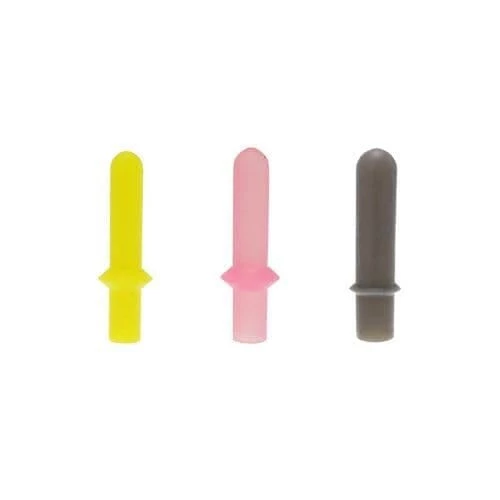 Silicone Flange Plugs
Silicone Flange Plugs -
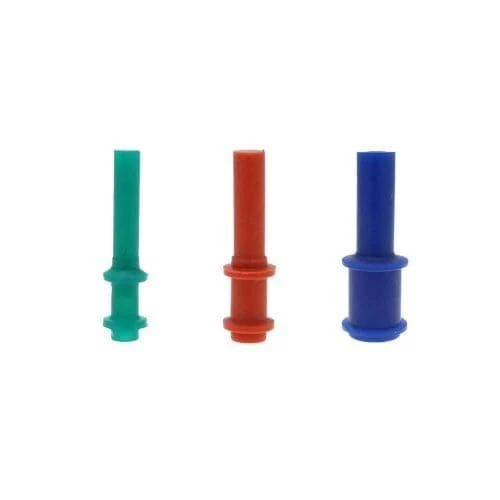 Silicone Double Flange Plugs
Silicone Double Flange Plugs
-
-
Furniture & Chair Feet
-
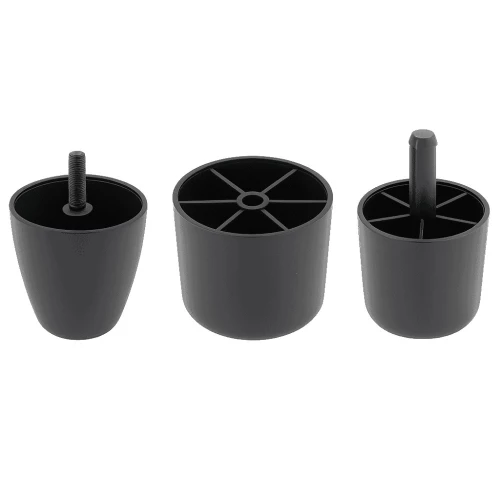 Sofa Feet
Sofa Feet -
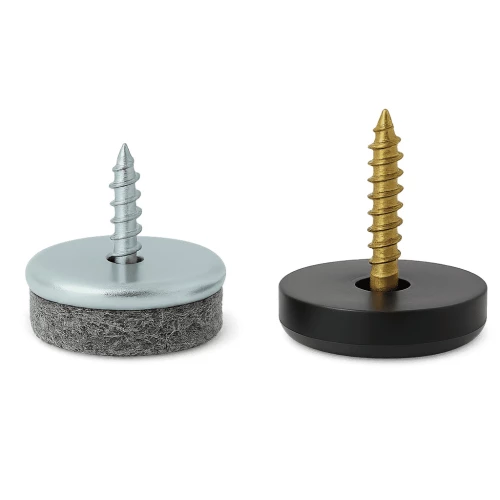 Screw In Furniture Feet
Screw In Furniture Feet -
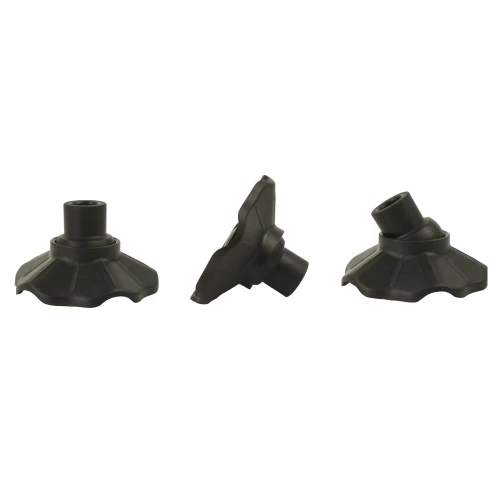 Anti-Sink Feet
Anti-Sink Feet -
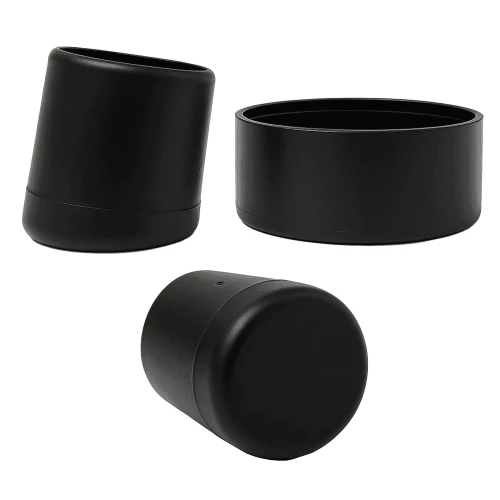 Round Ferrules
Round Ferrules -
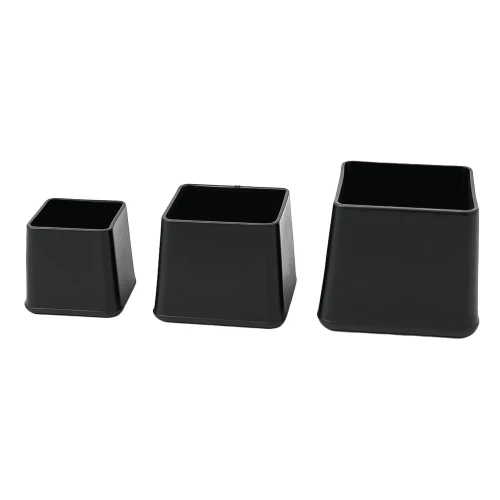 Square Ferrules
Square Ferrules -
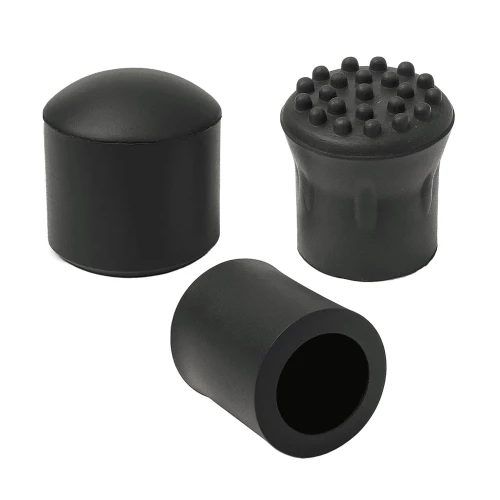 Walking Stick Ferrules
Walking Stick Ferrules -
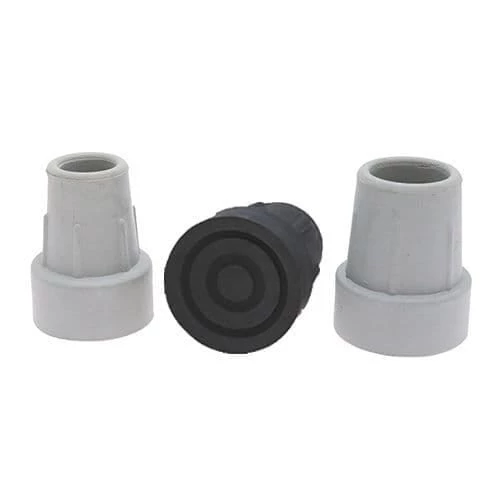 Crutch Feet
Crutch Feet -
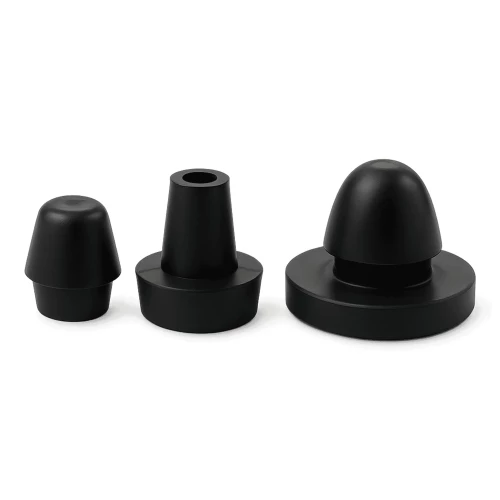 Push In Feet
Push In Feet -
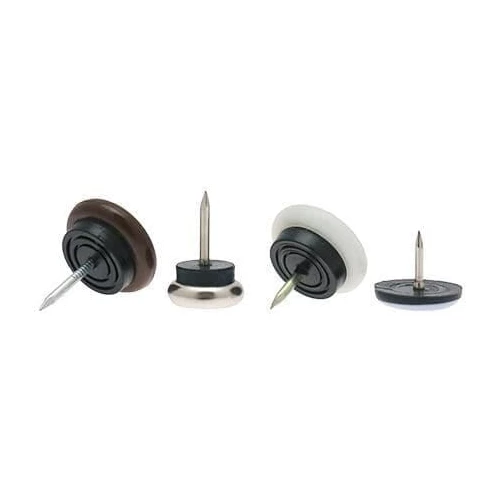 Nail On Feet & Glides
Nail On Feet & Glides -
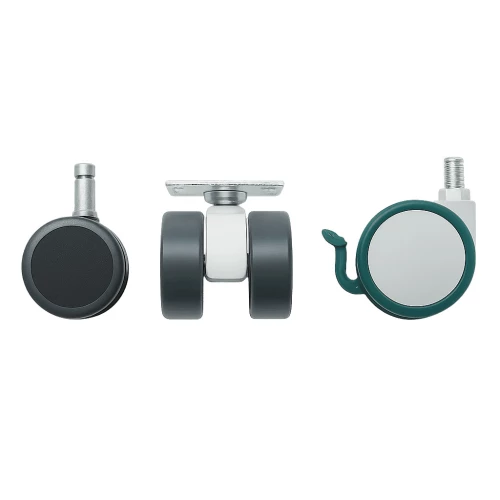 Office Chair and Furniture Castors
Office Chair and Furniture Castors -
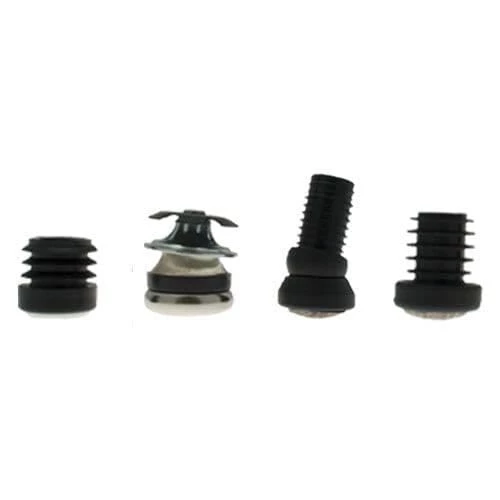 Insert Glides
Insert Glides -
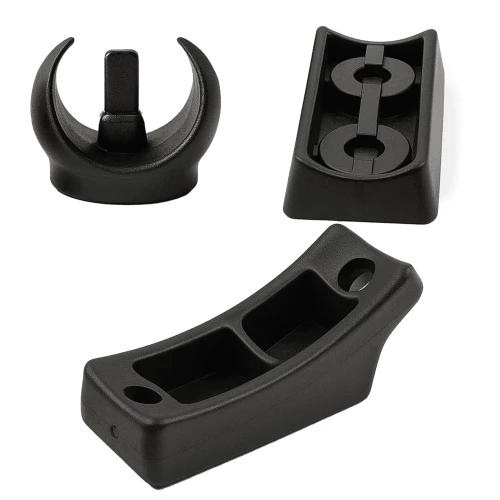 Saddle Feet
Saddle Feet -
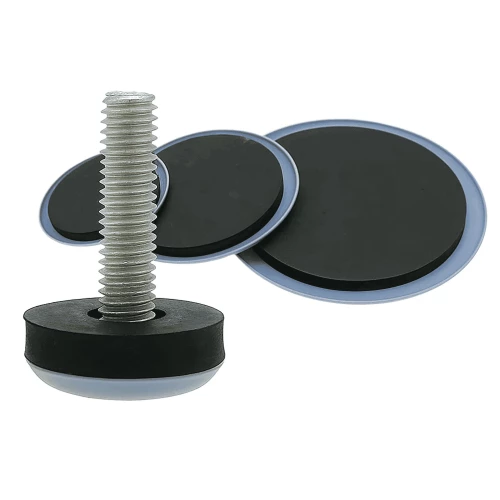 Furniture & Chair Glides
Furniture & Chair Glides -
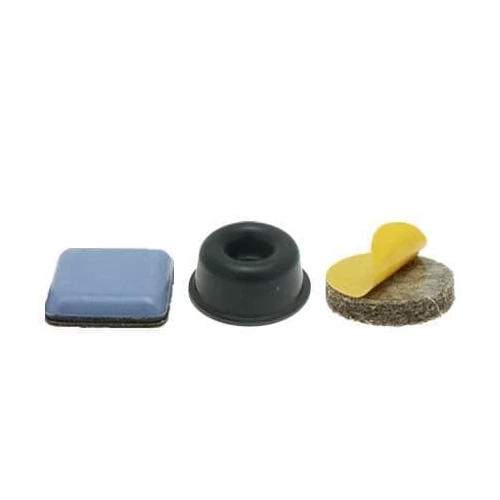 Stick On Feet & Pads
Stick On Feet & Pads -
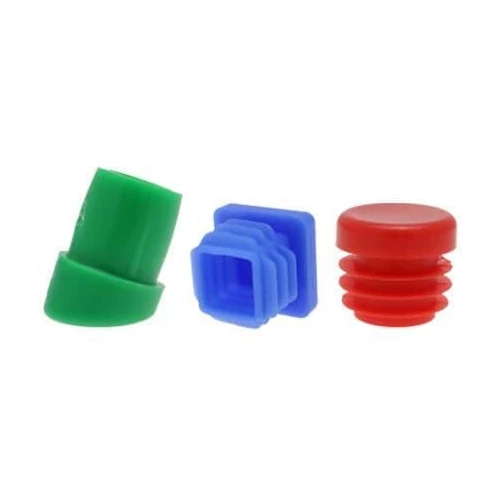 School Chair & Furniture Feet
School Chair & Furniture Feet -
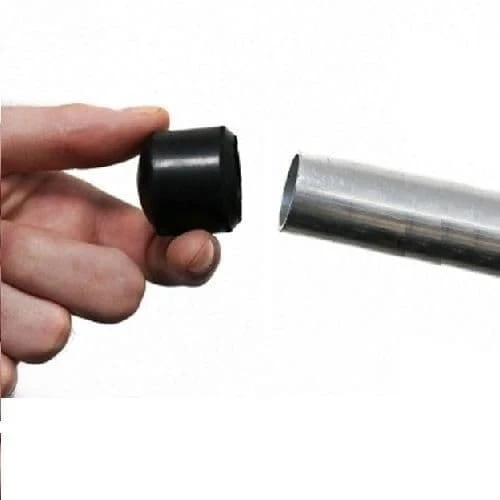 Fitting Guide
Fitting Guide
-
-
Adjustable Feet
-
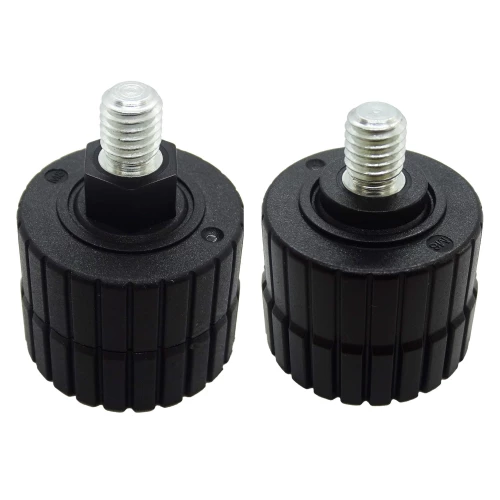 Balance Feet
Balance Feet -
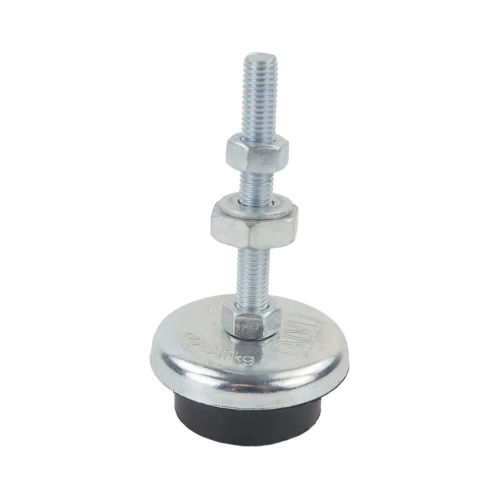 Anti-Vibration Levelling Feet
Anti-Vibration Levelling Feet -
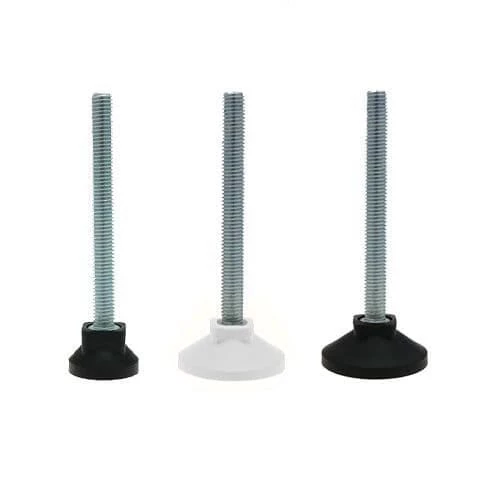 Economic Adjustable Feet
Economic Adjustable Feet -
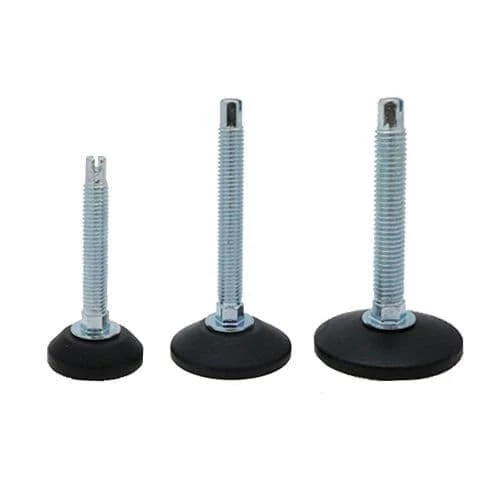 Slotted Head Adjustable Feet
Slotted Head Adjustable Feet -
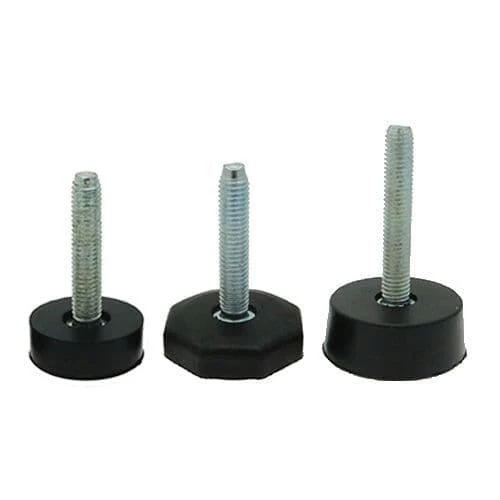 Rubber Adjustable Feet
Rubber Adjustable Feet -
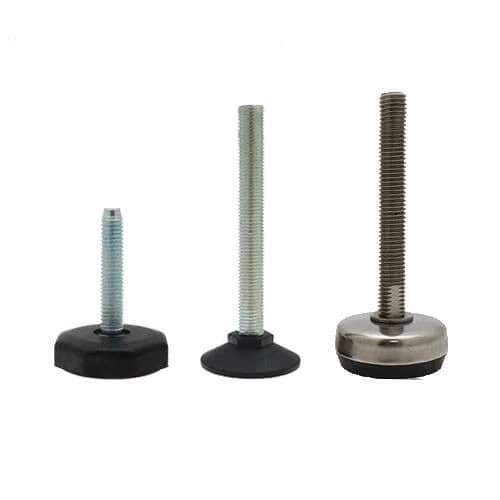 Stainless Steel Adjustable Feet
Stainless Steel Adjustable Feet -
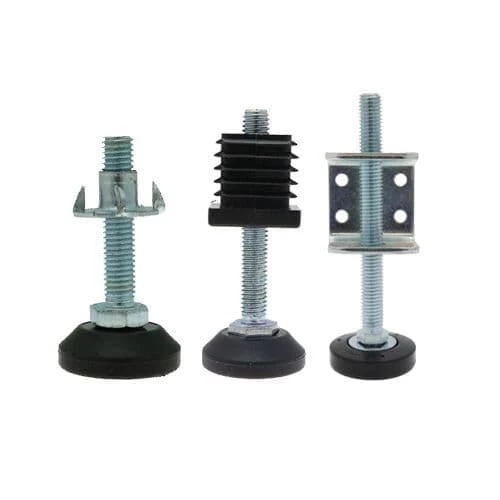 Ready To Install Sets
Ready To Install Sets -
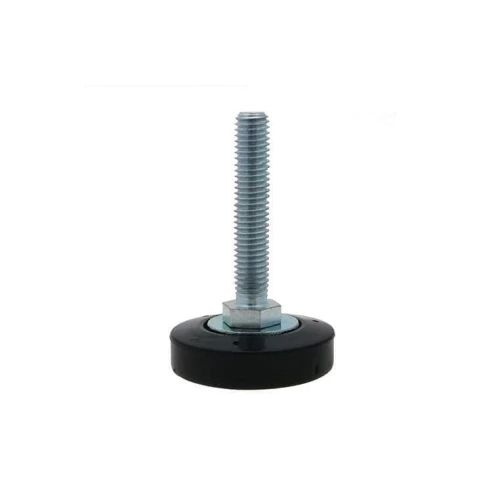 Weight Rated Articulated Feet
Weight Rated Articulated Feet -
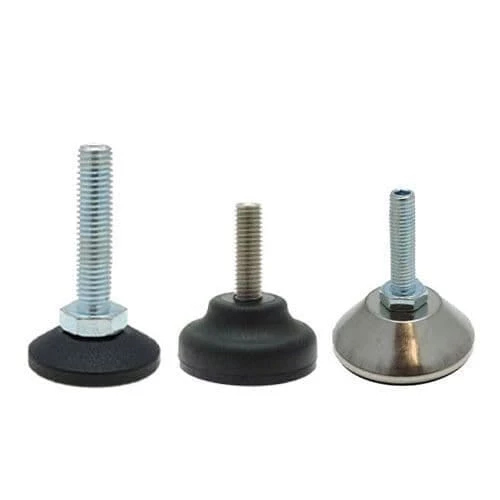 Allen Key Adjustable Feet
Allen Key Adjustable Feet -
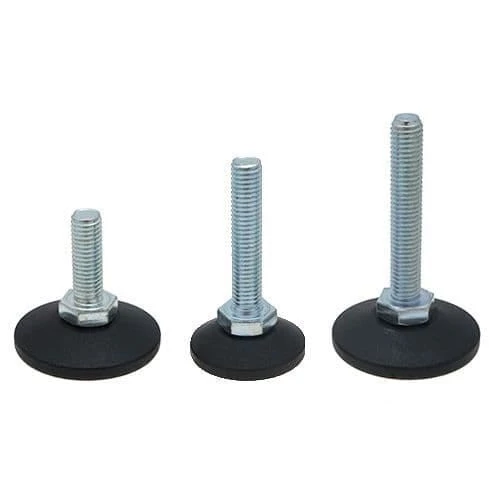 General Adjustable Feet
General Adjustable Feet -
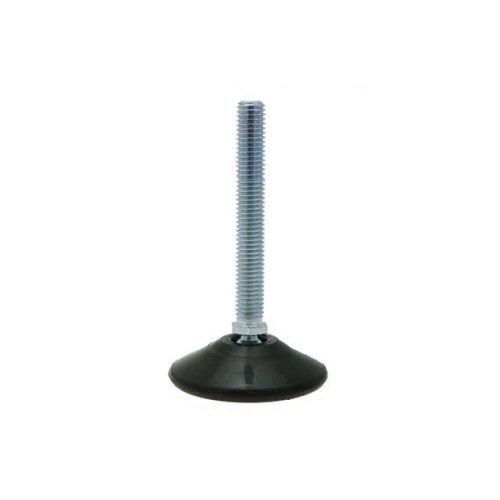 Heavy Duty Tilting Feet
Heavy Duty Tilting Feet -
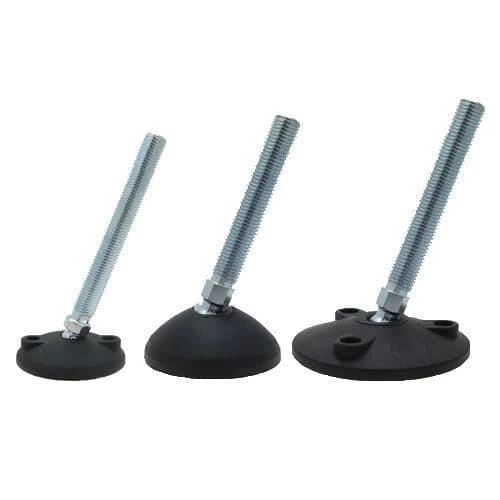 Tilting Adjustable Feet
Tilting Adjustable Feet -
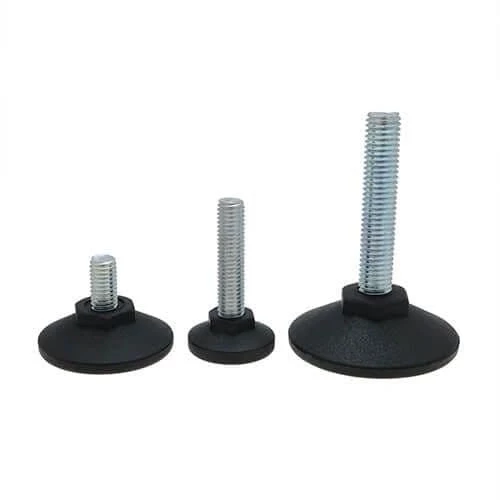 Pozi Base Adjustable Feet
Pozi Base Adjustable Feet -
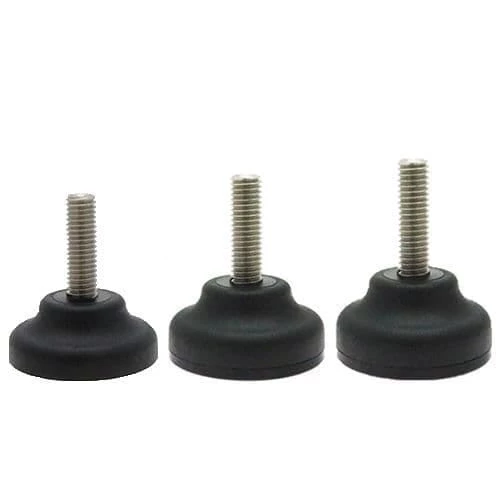 Polyamide Adjustable Feet
Polyamide Adjustable Feet -
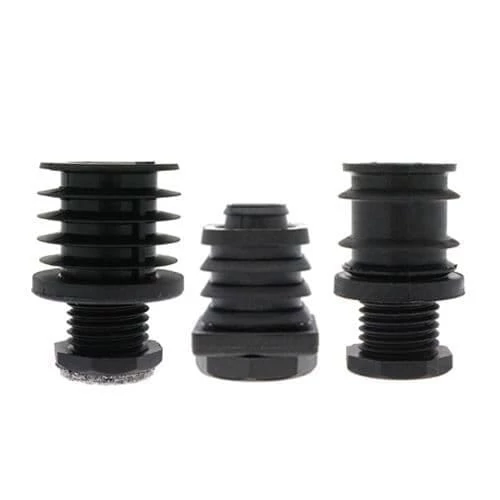 One Piece Adjustable Feet
One Piece Adjustable Feet -
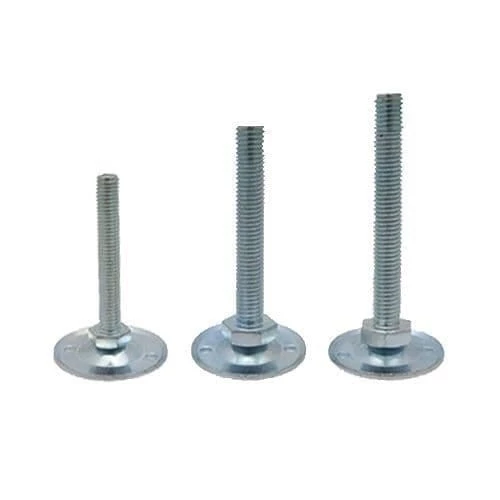 Metal Adjustable Feet
Metal Adjustable Feet -
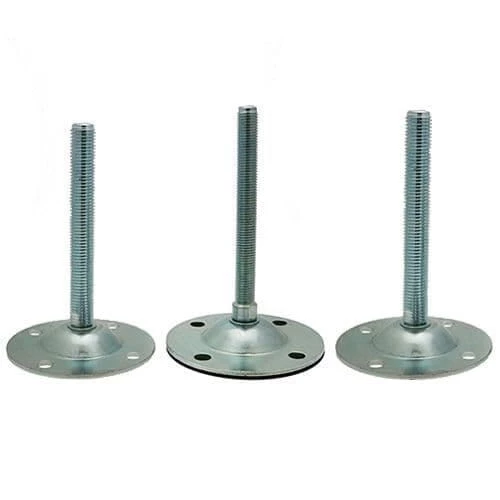 Machinery Mounting Feet
Machinery Mounting Feet -
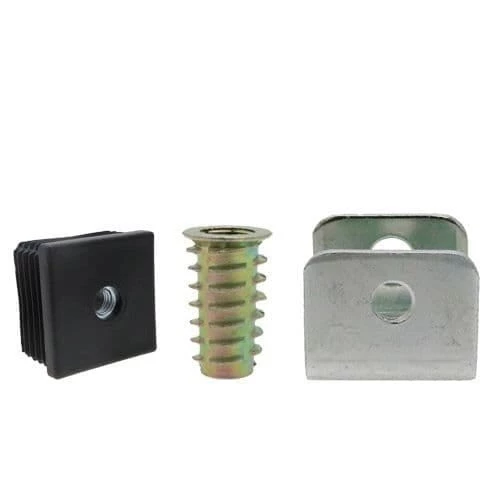 Threaded Fittings & Fixings
Threaded Fittings & Fixings -
 Fitting Guide
Fitting Guide -
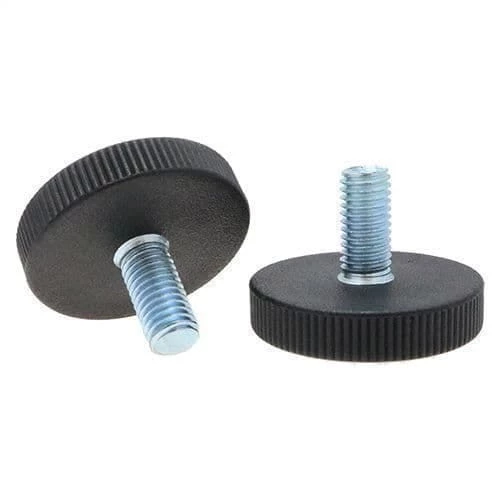 Low Profile Adjustable Feet
Low Profile Adjustable Feet -
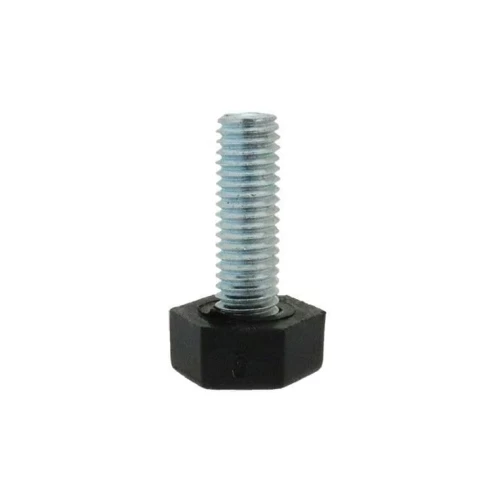 Hexagon Base Feet
Hexagon Base Feet
-
-
Cable Management
-
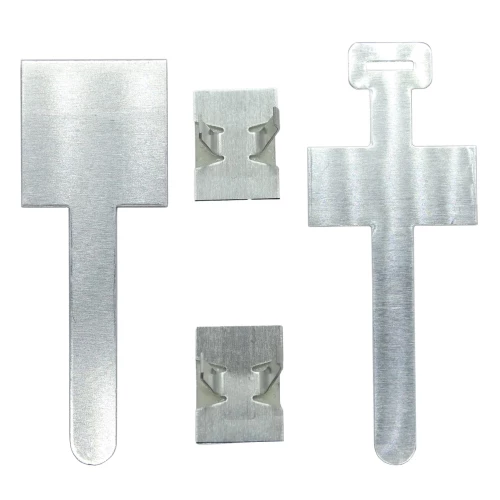 Aluminium Cable Clips
Aluminium Cable Clips -
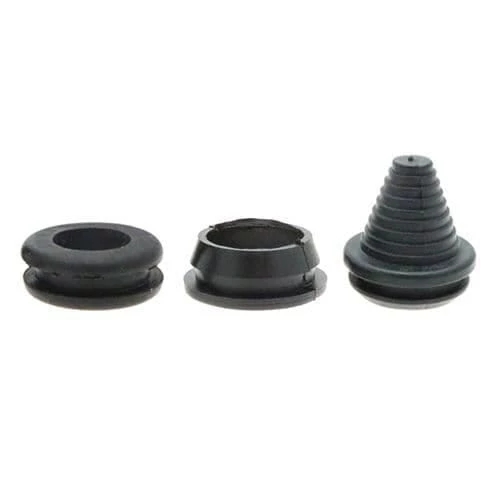 Rubber Grommets
Rubber Grommets -
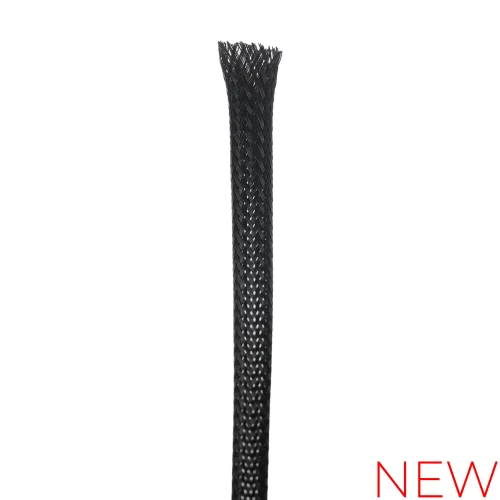 Braided Cable Sleeving
Braided Cable Sleeving -
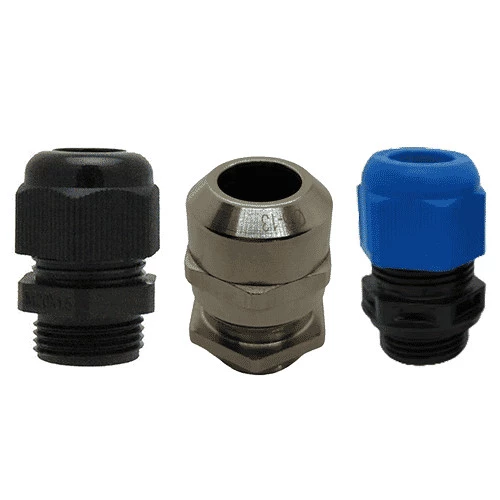 Cable Glands
Cable Glands -
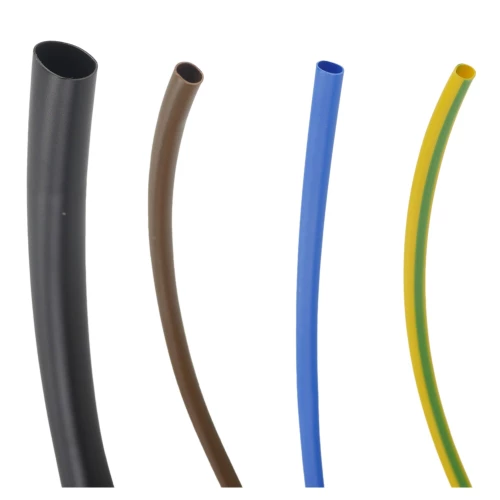 PVC Cable Sleeving
PVC Cable Sleeving -
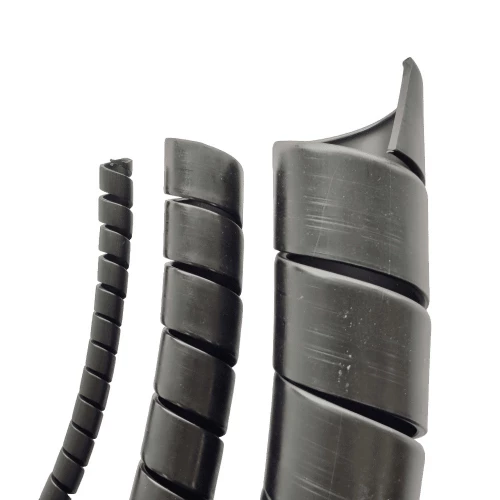 Spiral Cable Wrap
Spiral Cable Wrap -
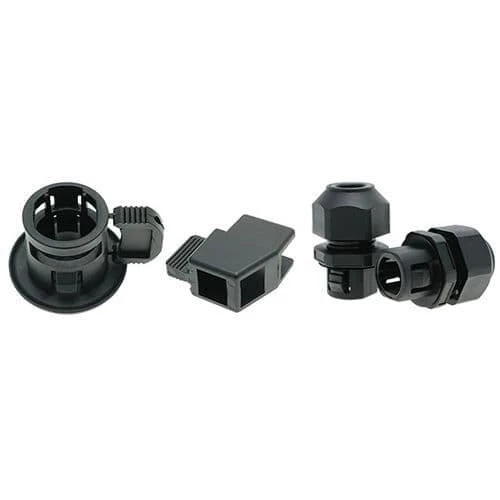 Strain Relief
Strain Relief -
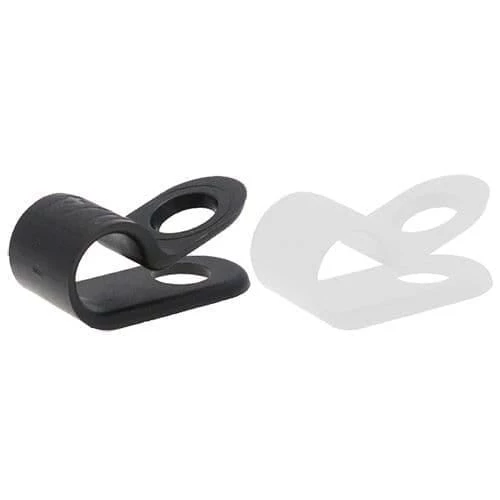 Nylon P Clips
Nylon P Clips -
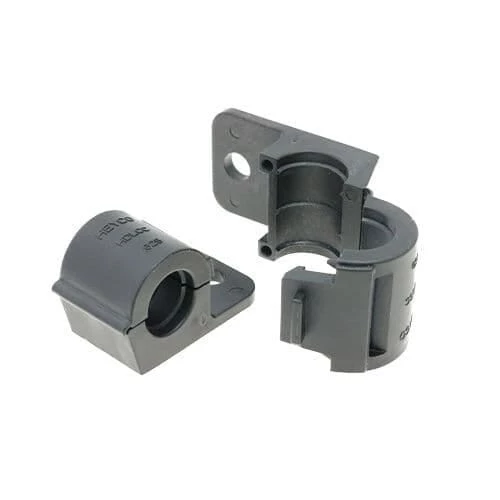 Nylon P Clamps
Nylon P Clamps -
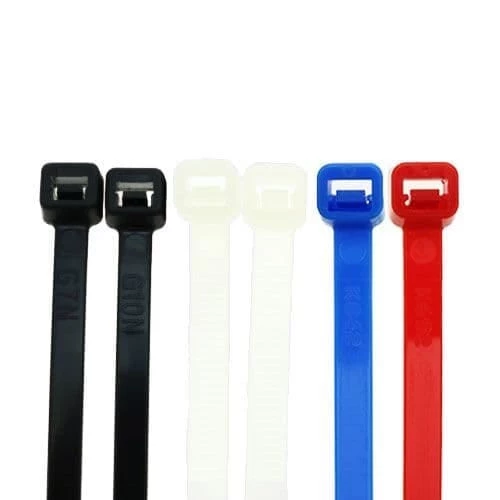 Cable Ties
Cable Ties -
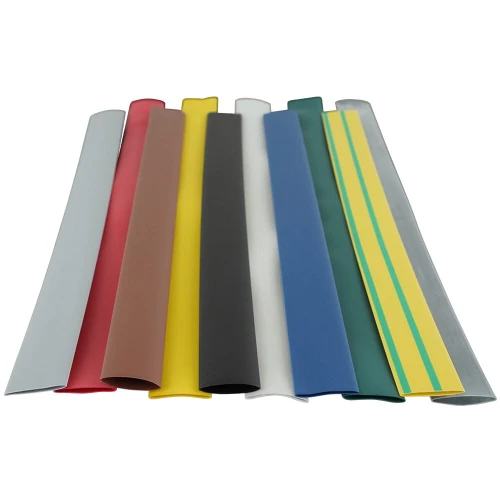 Heat Shrink Sleeves
Heat Shrink Sleeves -
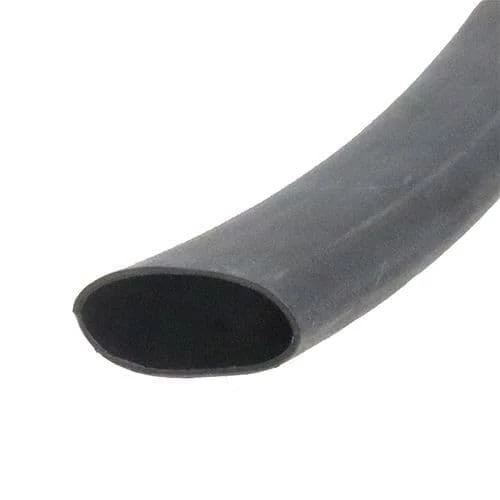 Adhesive Lined Heatshrink
Adhesive Lined Heatshrink -
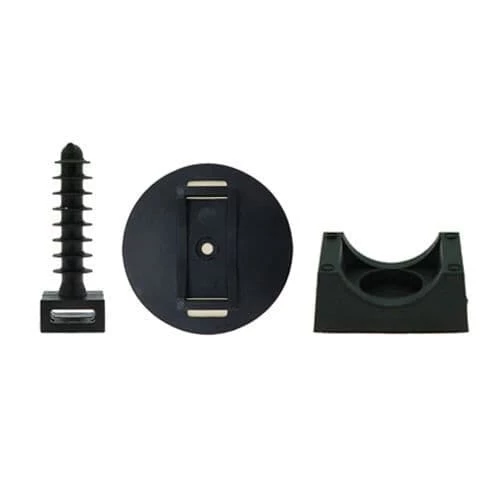 Cable Tie Mounts
Cable Tie Mounts -
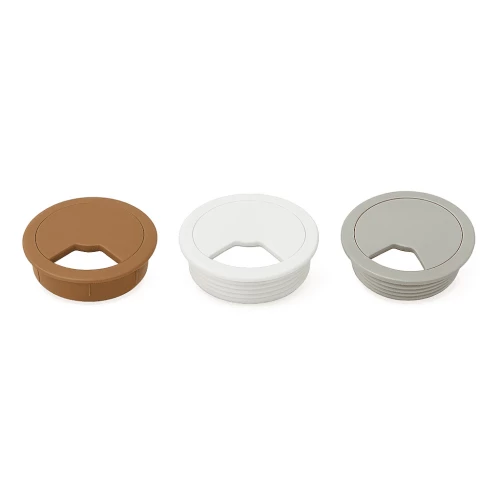 Desk Cable Tidies
Desk Cable Tidies -
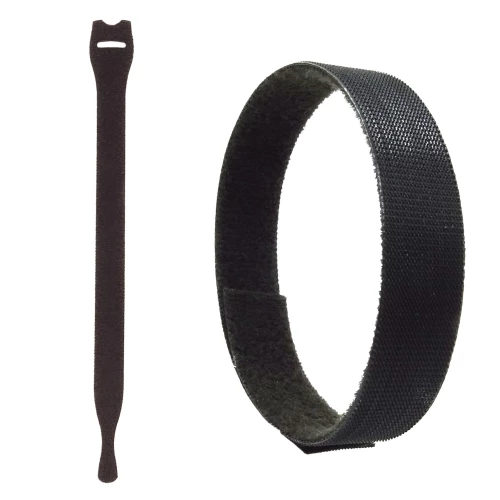 Velcro Cable Management
Velcro Cable Management -
 Multi Cable Clips
Multi Cable Clips -
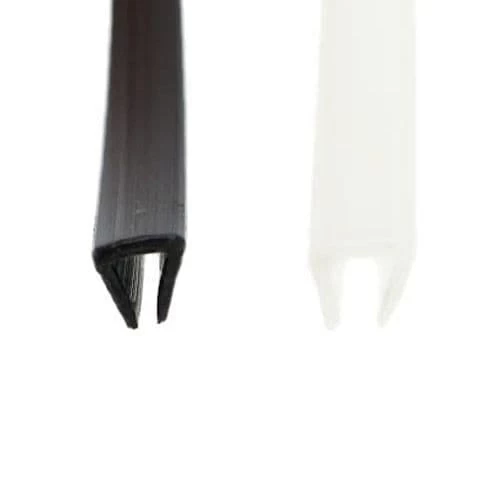 Plastic Grommet Strips
Plastic Grommet Strips -
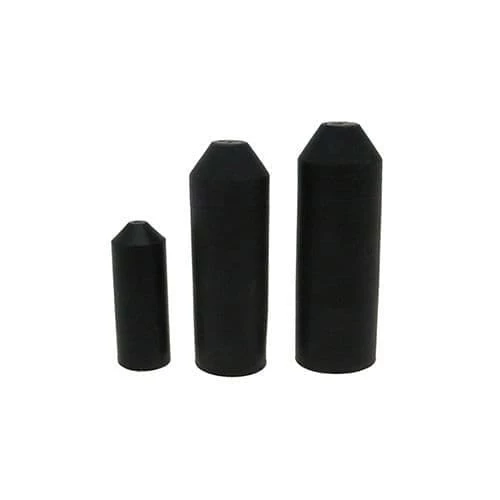 Heat Shrink Caps
Heat Shrink Caps -
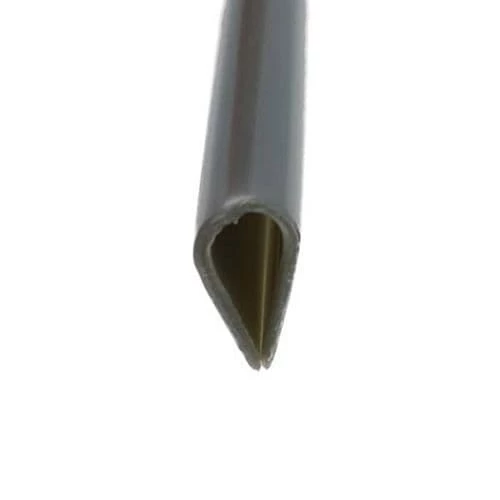 Rubber Grommet Strips
Rubber Grommet Strips
-
-
Bolts and Screws
-
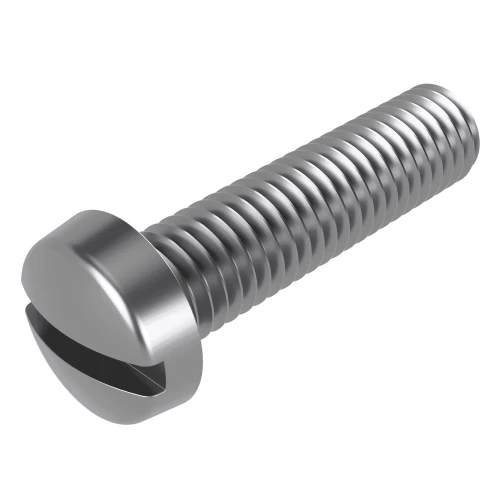 Cheese Head Slotted Screws DIN 84
Cheese Head Slotted Screws DIN 84 -
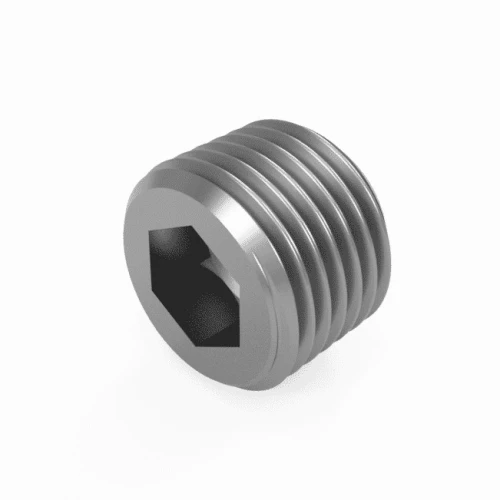 Pipe Plugs
Pipe Plugs -
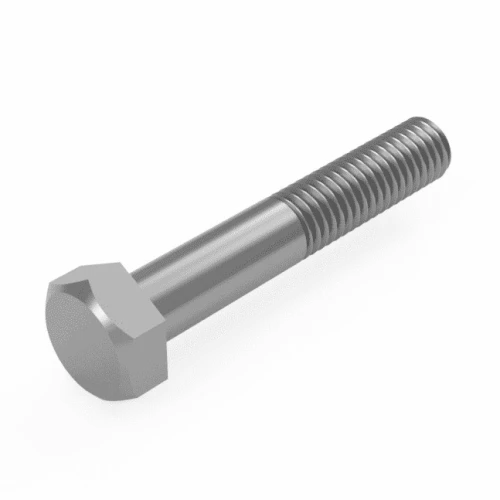 Hex Head Screws and Bolts
Hex Head Screws and Bolts -
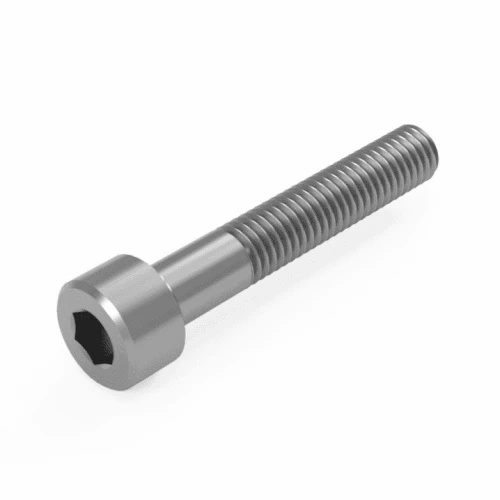 Cap Screws
Cap Screws -
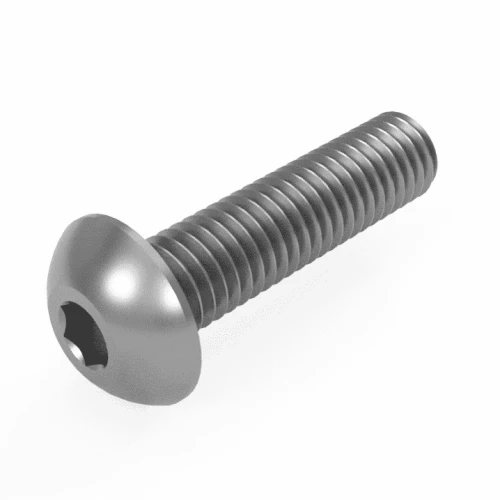 Button Screws
Button Screws -
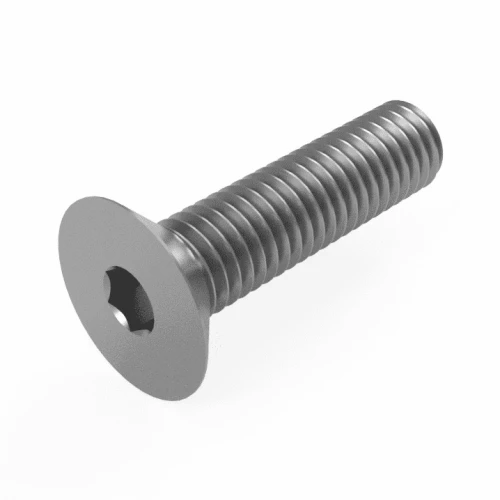 Countersunk Screws
Countersunk Screws -
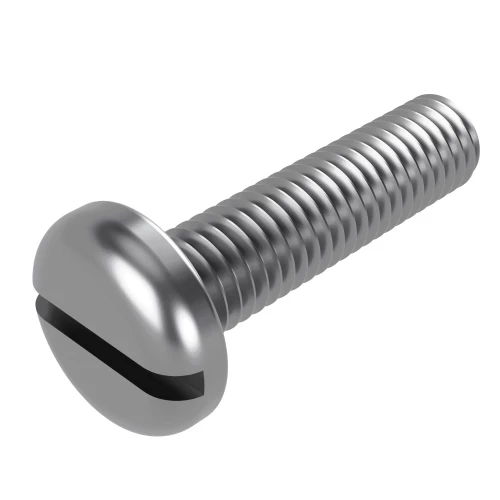 Pan Head Machine Screws
Pan Head Machine Screws -
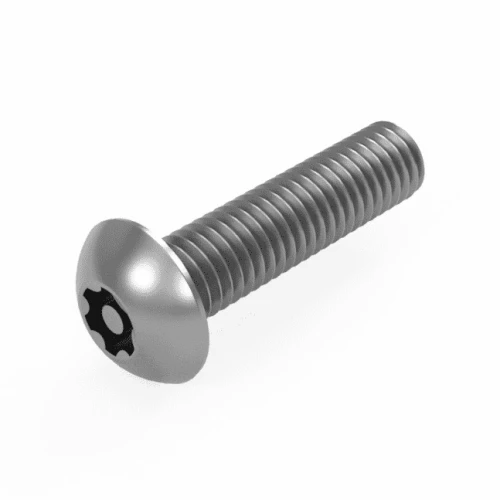 Security Fasteners
Security Fasteners -
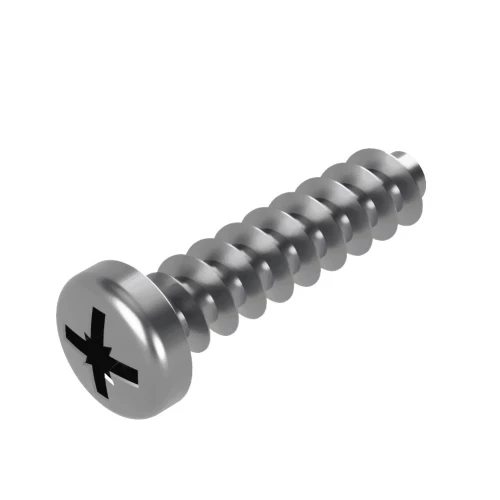 Screws for Plastic
Screws for Plastic -
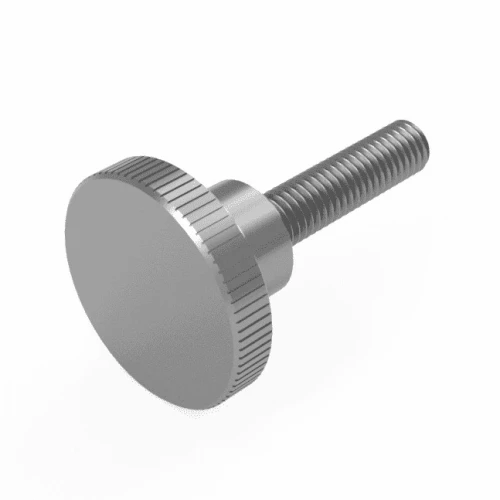 Knurled Fasteners
Knurled Fasteners -
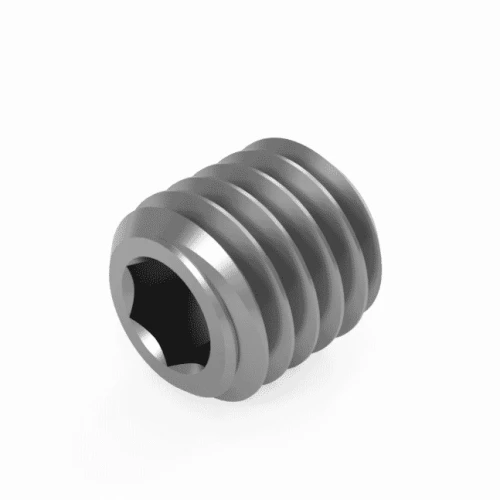 Grub Screws
Grub Screws -
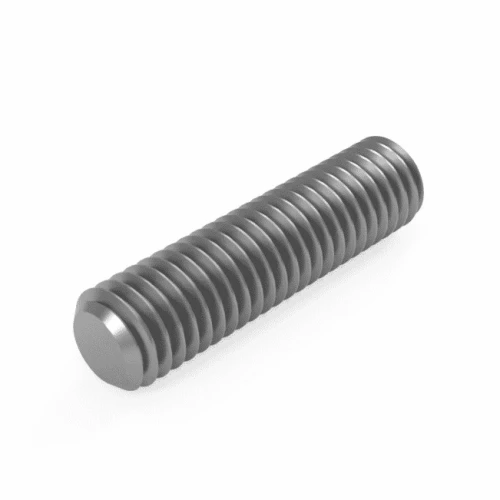 Threaded Rod (All Thread)
Threaded Rod (All Thread) -
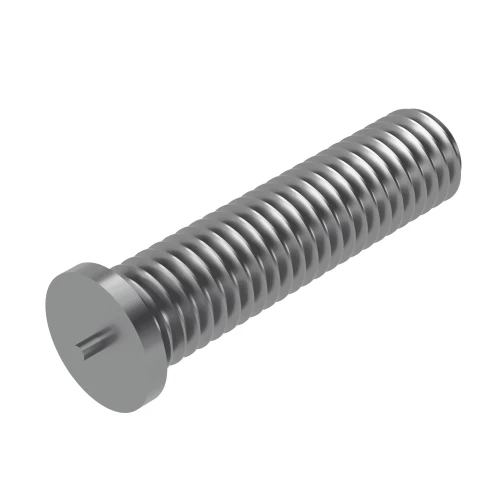 Weld Studs
Weld Studs -
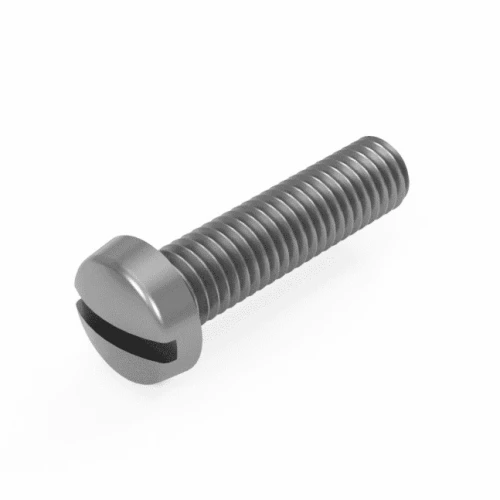 Small Bolts
Small Bolts -
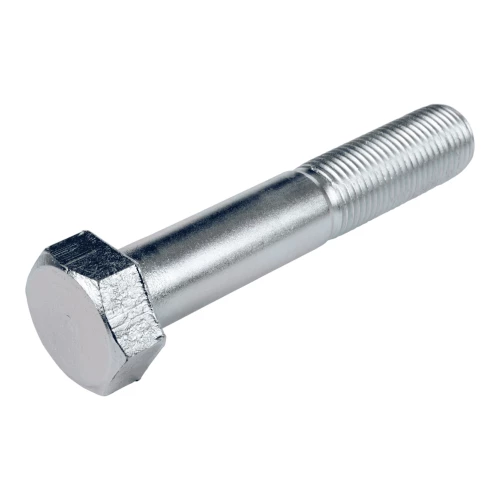 Stainless Steel Bolts By Metric Thread Size
Stainless Steel Bolts By Metric Thread Size -
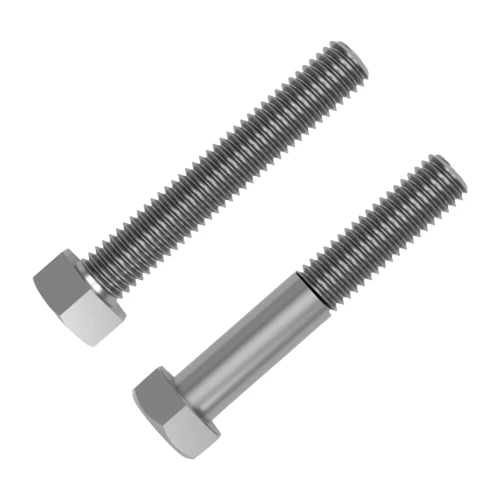 Large Bolts
Large Bolts
-
-
Washers
-
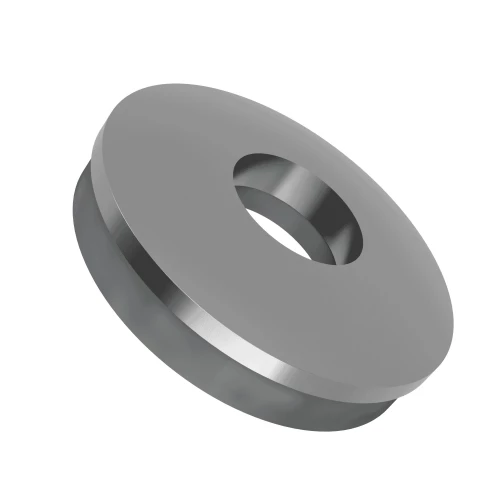 Bonded Sealing Washers
Bonded Sealing Washers -
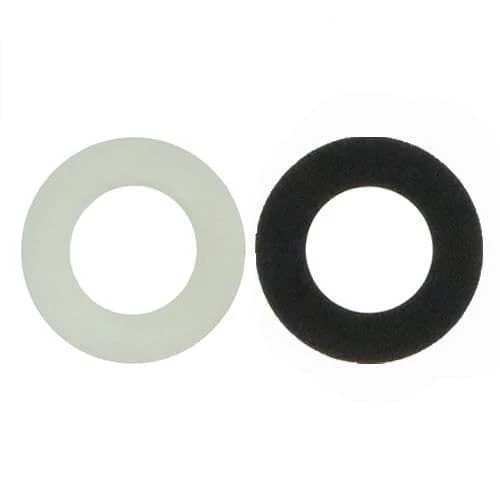 Standard Nylon Washers
Standard Nylon Washers -
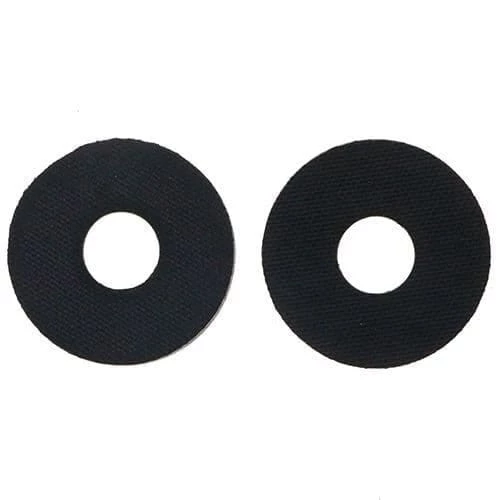 Rubber Washers
Rubber Washers -
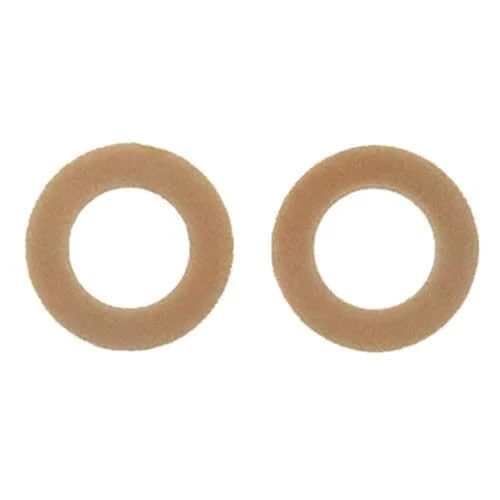 Peek Washers
Peek Washers -
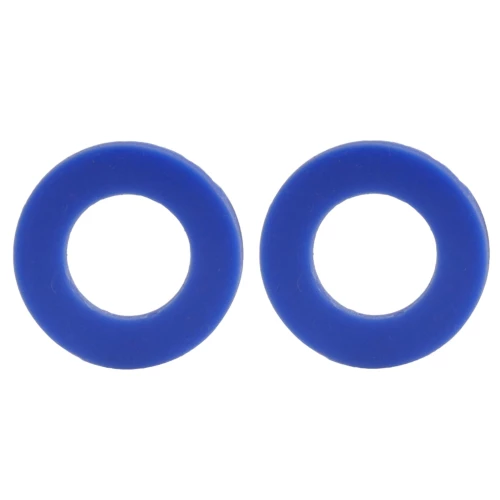 Silicone Washers
Silicone Washers -
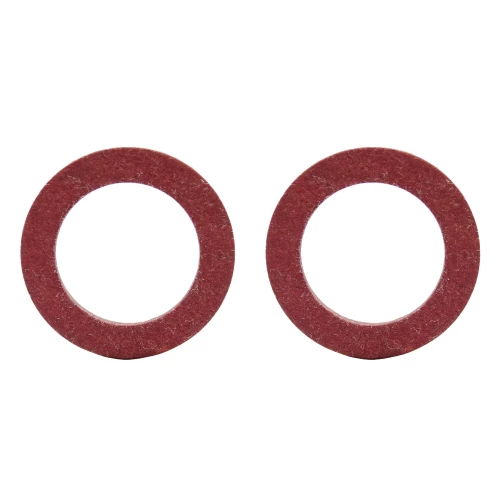 Red Fibre Washers
Red Fibre Washers -
 PTFE Washers
PTFE Washers -
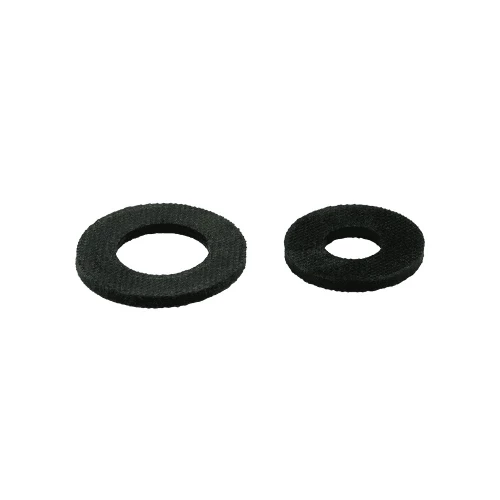 FKM Washers
FKM Washers -
 Anti-Loss Washers
Anti-Loss Washers -
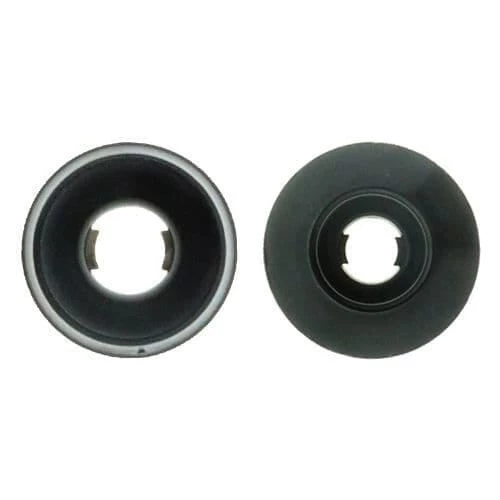 Finishing Washers
Finishing Washers -
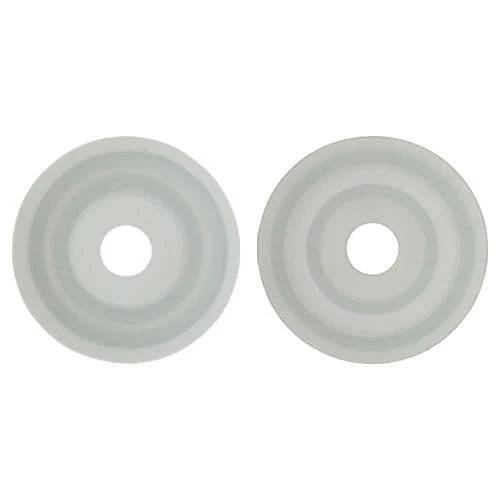 Headboard Washers
Headboard Washers -
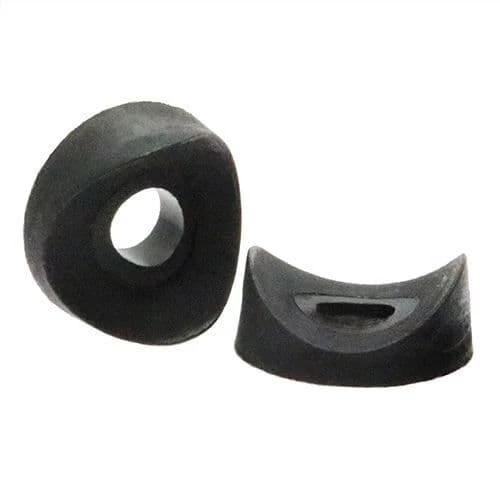 Saddle Washers
Saddle Washers -
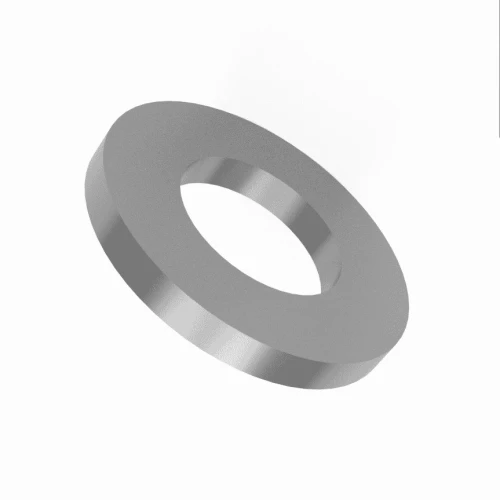 Stainless Steel Flat Washers
Stainless Steel Flat Washers -
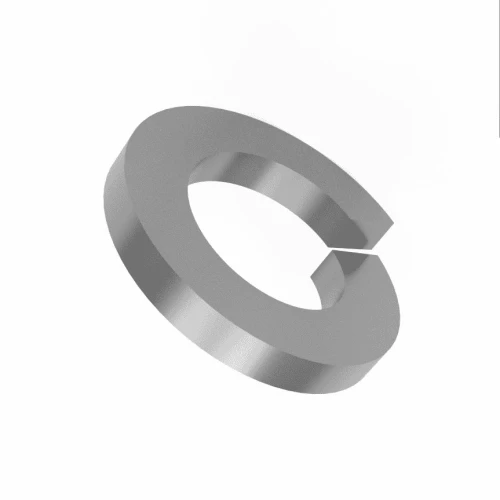 Stainless Steel Spring Washers
Stainless Steel Spring Washers -
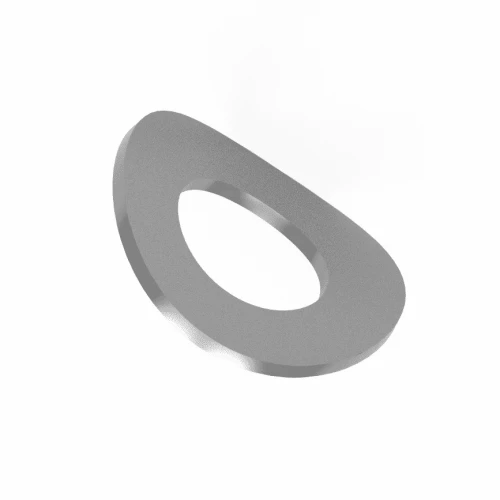 Stainless Steel Curved Washers
Stainless Steel Curved Washers -
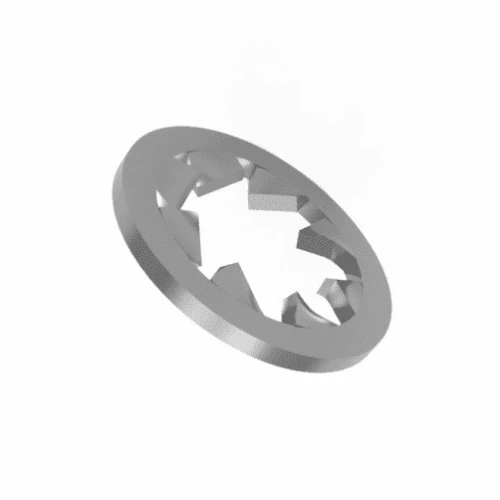 Stainless Steel Serrated Washers
Stainless Steel Serrated Washers -
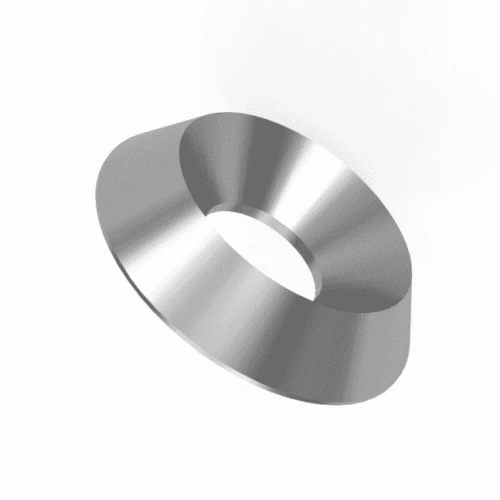 Stainless Steel Finishing Washers
Stainless Steel Finishing Washers -
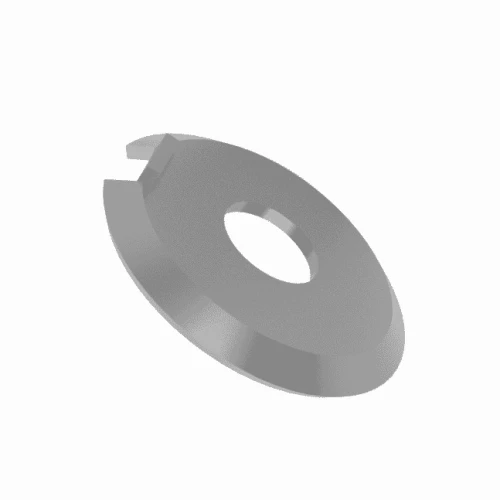 Stainless Steel Tab Washers
Stainless Steel Tab Washers -
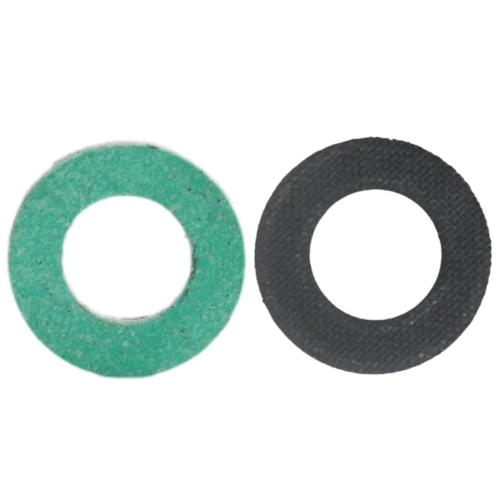 WRAS Washers
WRAS Washers
-
-
Plastic & Nylon Fasteners
-
Industrial Hardware
-
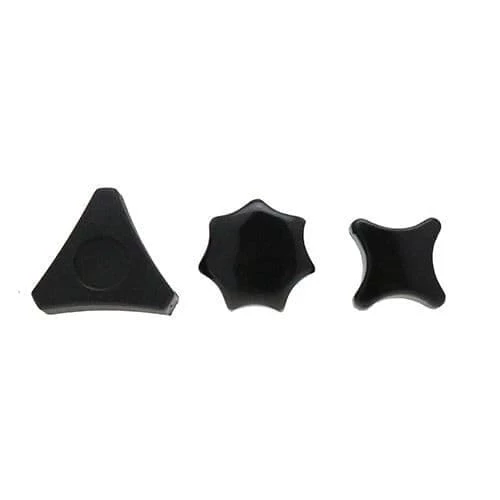 General Handwheels
General Handwheels -
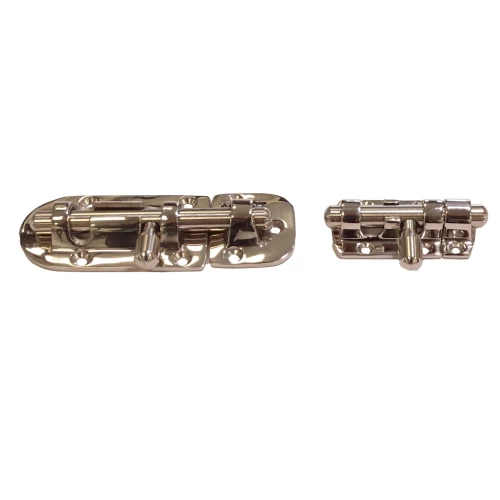 Door Bolts
Door Bolts -
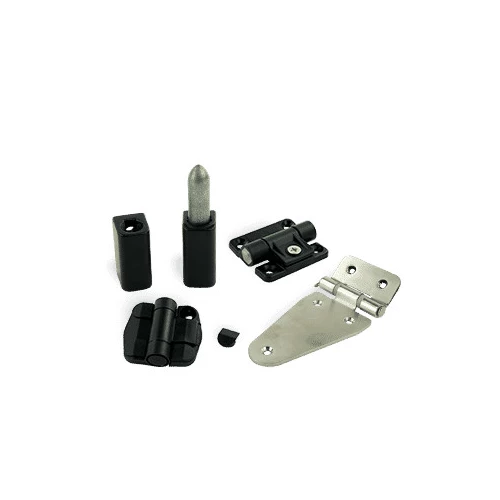 Hinges
Hinges -
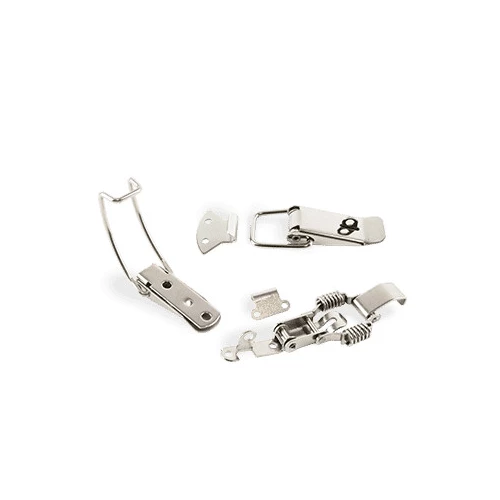 Latches
Latches -
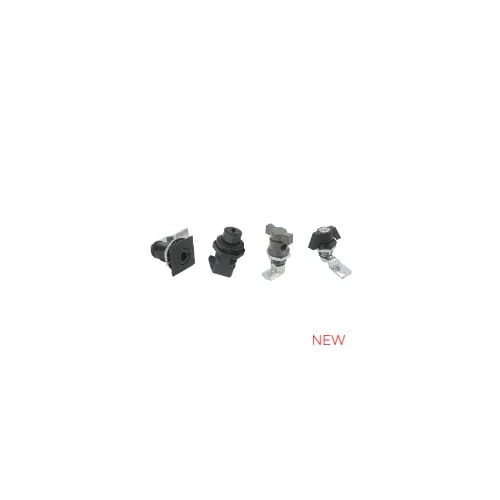 Camlocks
Camlocks -
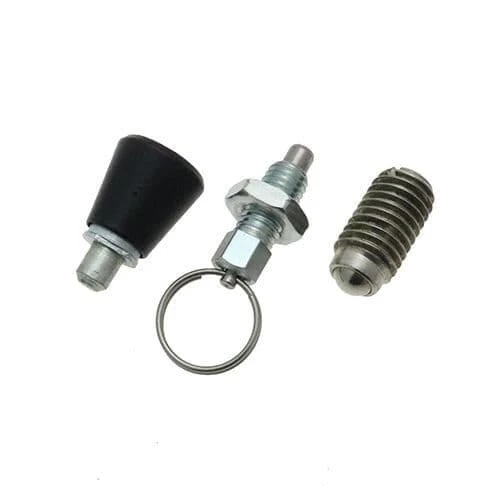 Index Plungers
Index Plungers -
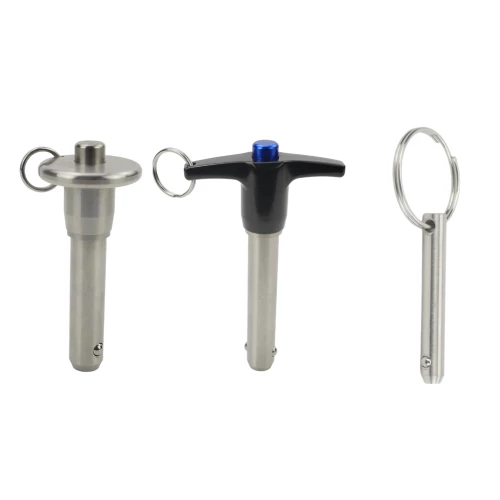 Detent Pins
Detent Pins -
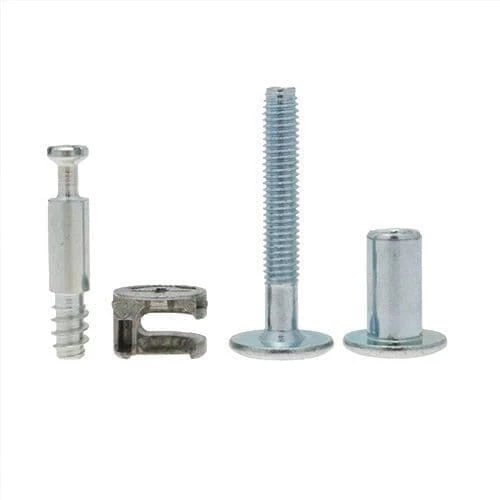 Furniture Fixings
Furniture Fixings -
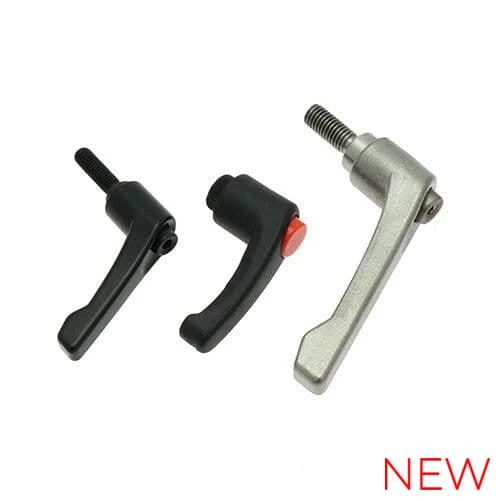 Clamping Handles
Clamping Handles -
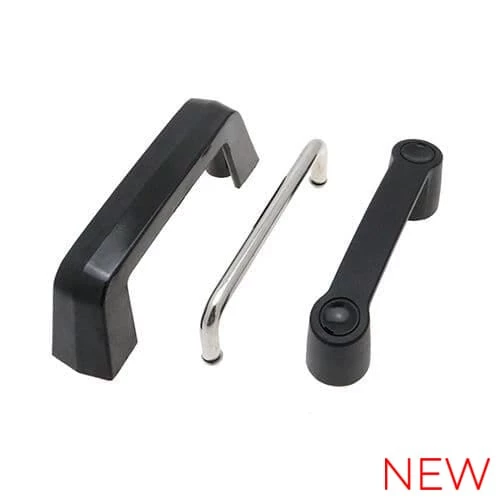 Bridge Handles
Bridge Handles -
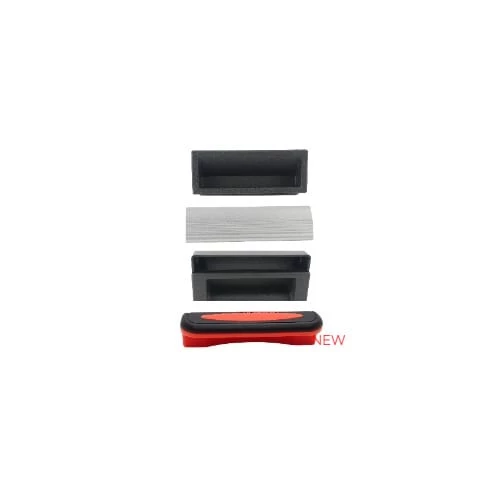 Pull Handles
Pull Handles -
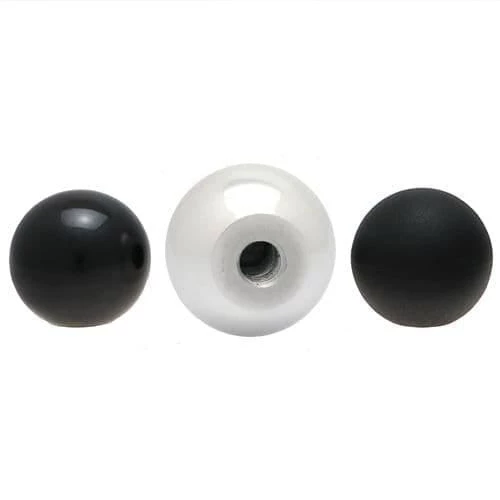 Ball Knobs
Ball Knobs -
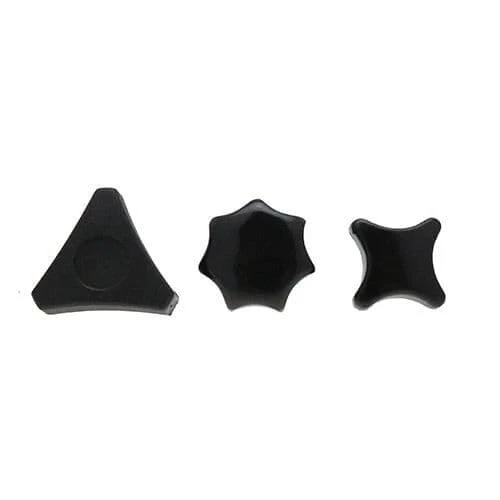 Threaded Handwheels
Threaded Handwheels -
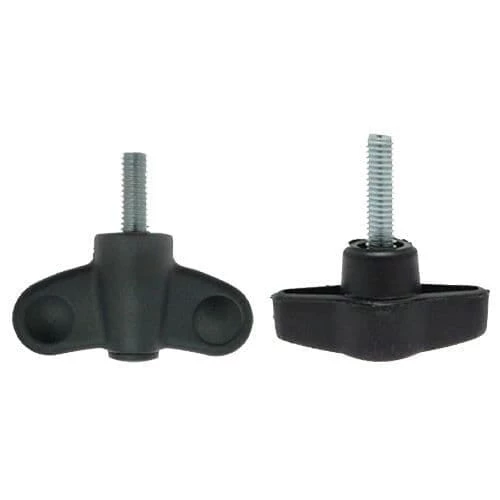 Wing Screws & Knobs
Wing Screws & Knobs -
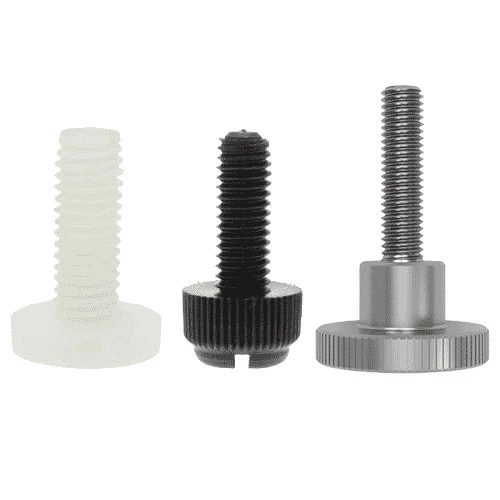 Knurled Thumbscrews
Knurled Thumbscrews -
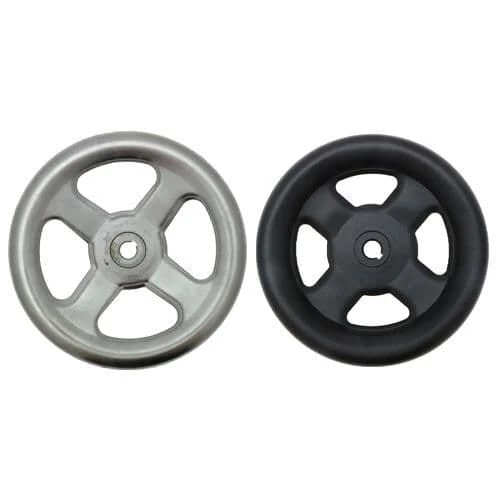 Control Handwheels
Control Handwheels -
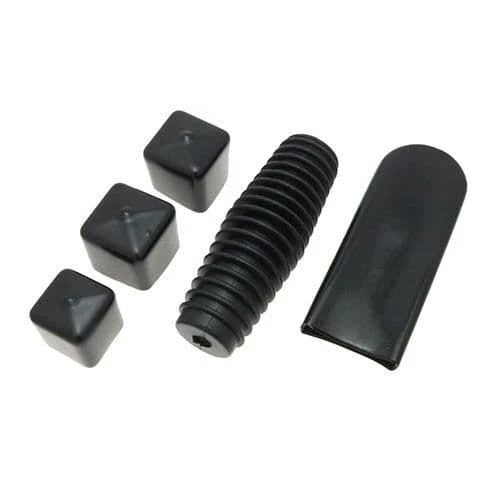 Plastic & Rubber Grips
Plastic & Rubber Grips -
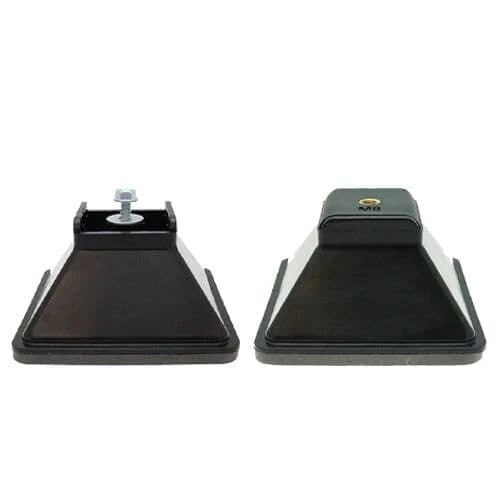 Roof Support Systems
Roof Support Systems -
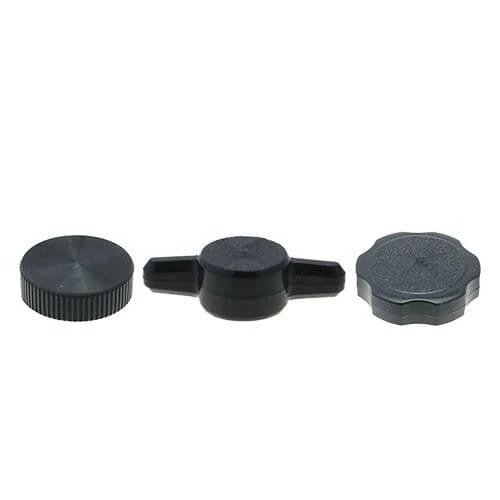 Push Fit Knobs
Push Fit Knobs -
 Fixings & Fasteners
Fixings & Fasteners
-
-
Adhesive Tapes
-
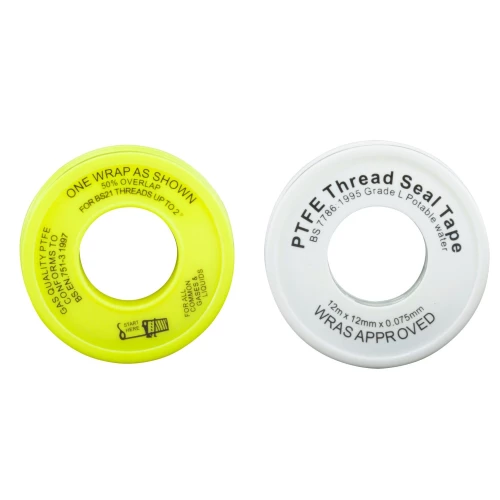 PTFE Tape
PTFE Tape -
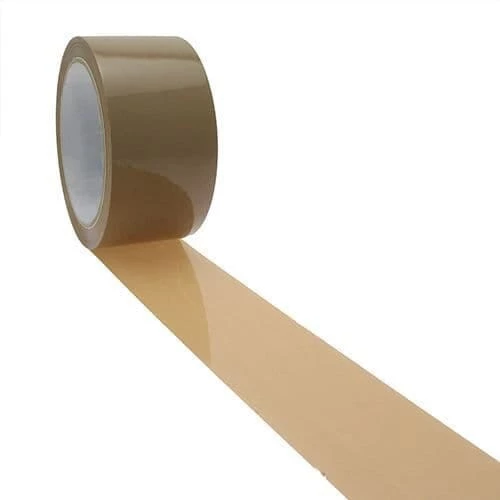 Packing Tape
Packing Tape -
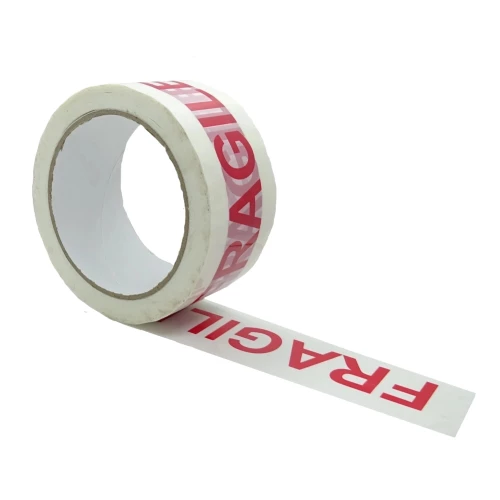 Fragile Tape
Fragile Tape -
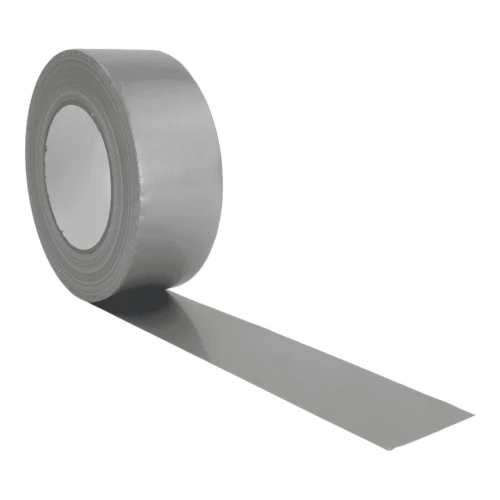 Cloth Tape
Cloth Tape -
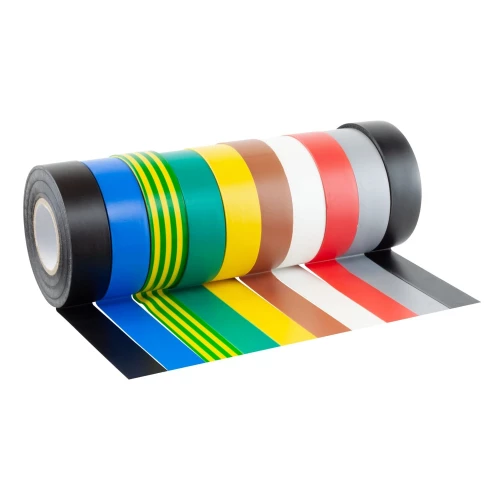 PVC Electrical Insulation Tape
PVC Electrical Insulation Tape -
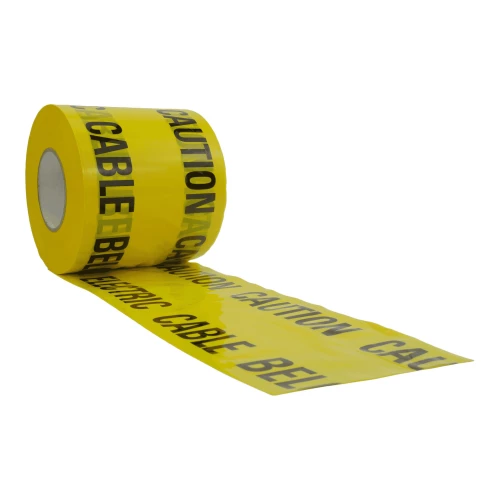 Underground Cable Warning Tape
Underground Cable Warning Tape -
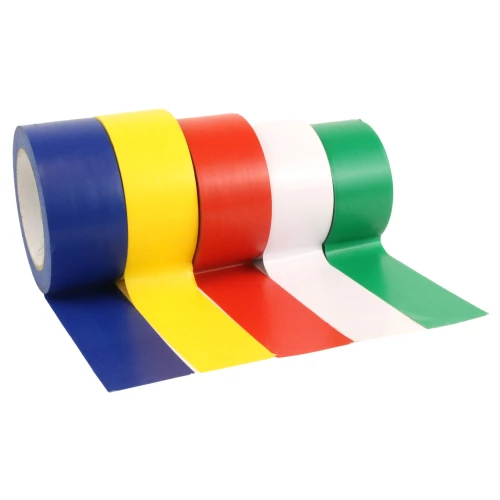 Floor Marking Tape
Floor Marking Tape -
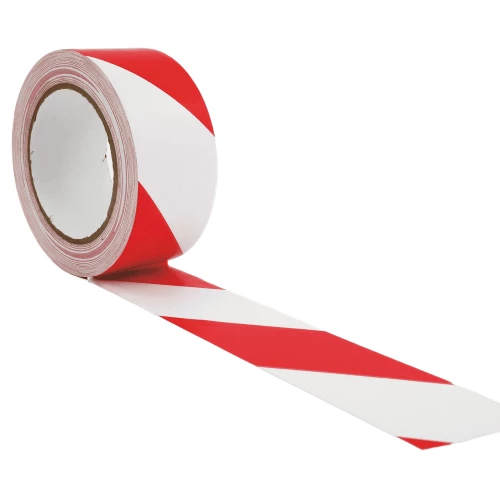 Safety Hazard Warning Tape
Safety Hazard Warning Tape -
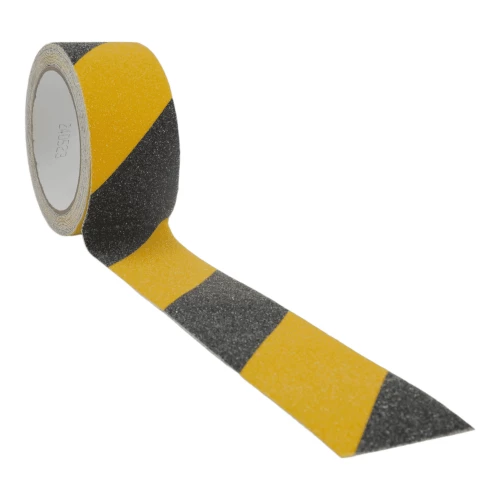 Non Slip Tape
Non Slip Tape -
 Non-Adhesive Barrier Tape
Non-Adhesive Barrier Tape -
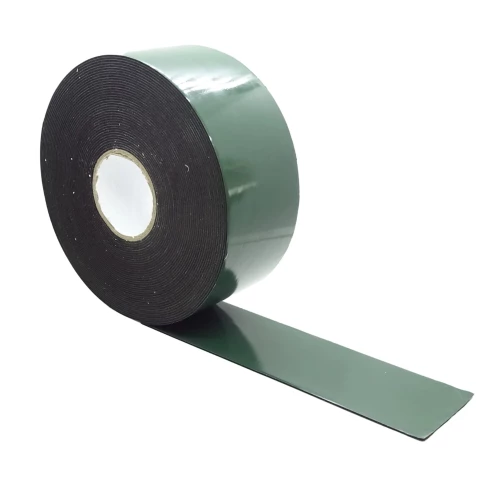 Double Sided Foam Tape
Double Sided Foam Tape -
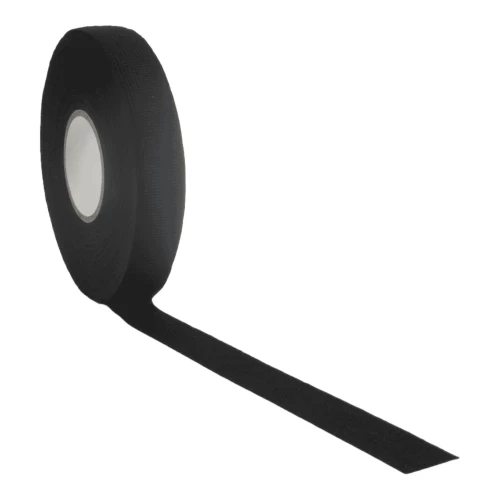 Fleece Tape
Fleece Tape -
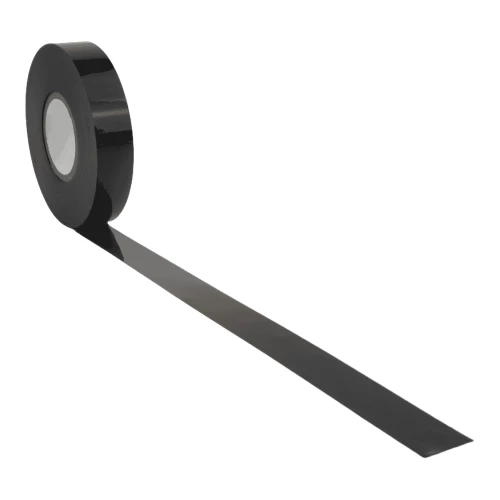 Self Amalgamating PVC Tape
Self Amalgamating PVC Tape -
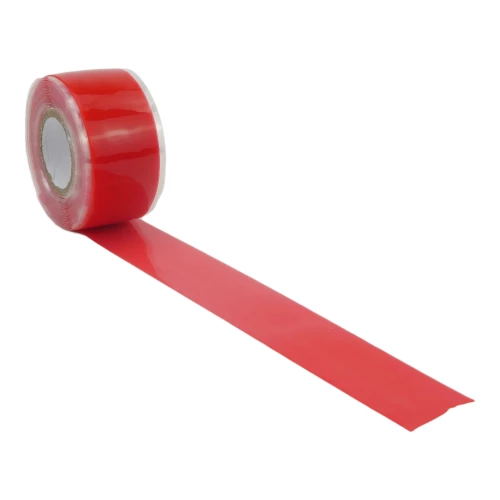 Self Amalgamating Silicone Tape
Self Amalgamating Silicone Tape -
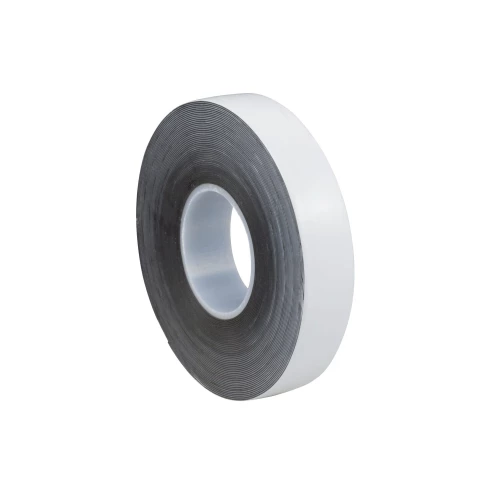 Self Amalgamating EPR Tape
Self Amalgamating EPR Tape -
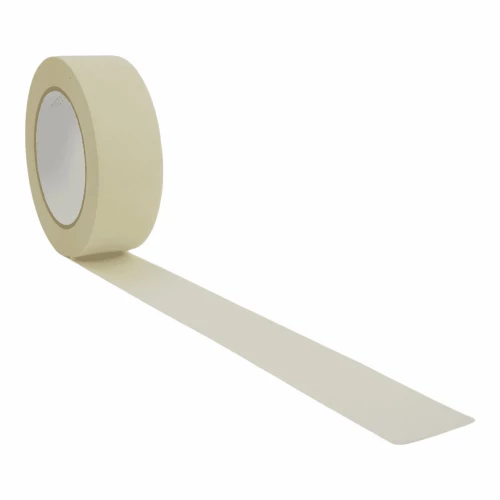 Low Tack Paper Masking Tape
Low Tack Paper Masking Tape -
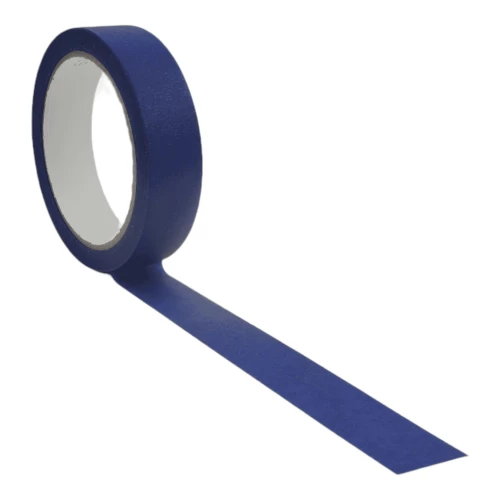 UV Resistant Blue Masking Tape
UV Resistant Blue Masking Tape
-
-
Panel Fasteners
-
School & Office Products
-
Rubber Seals
-
Business Services
- Terms and conditions



